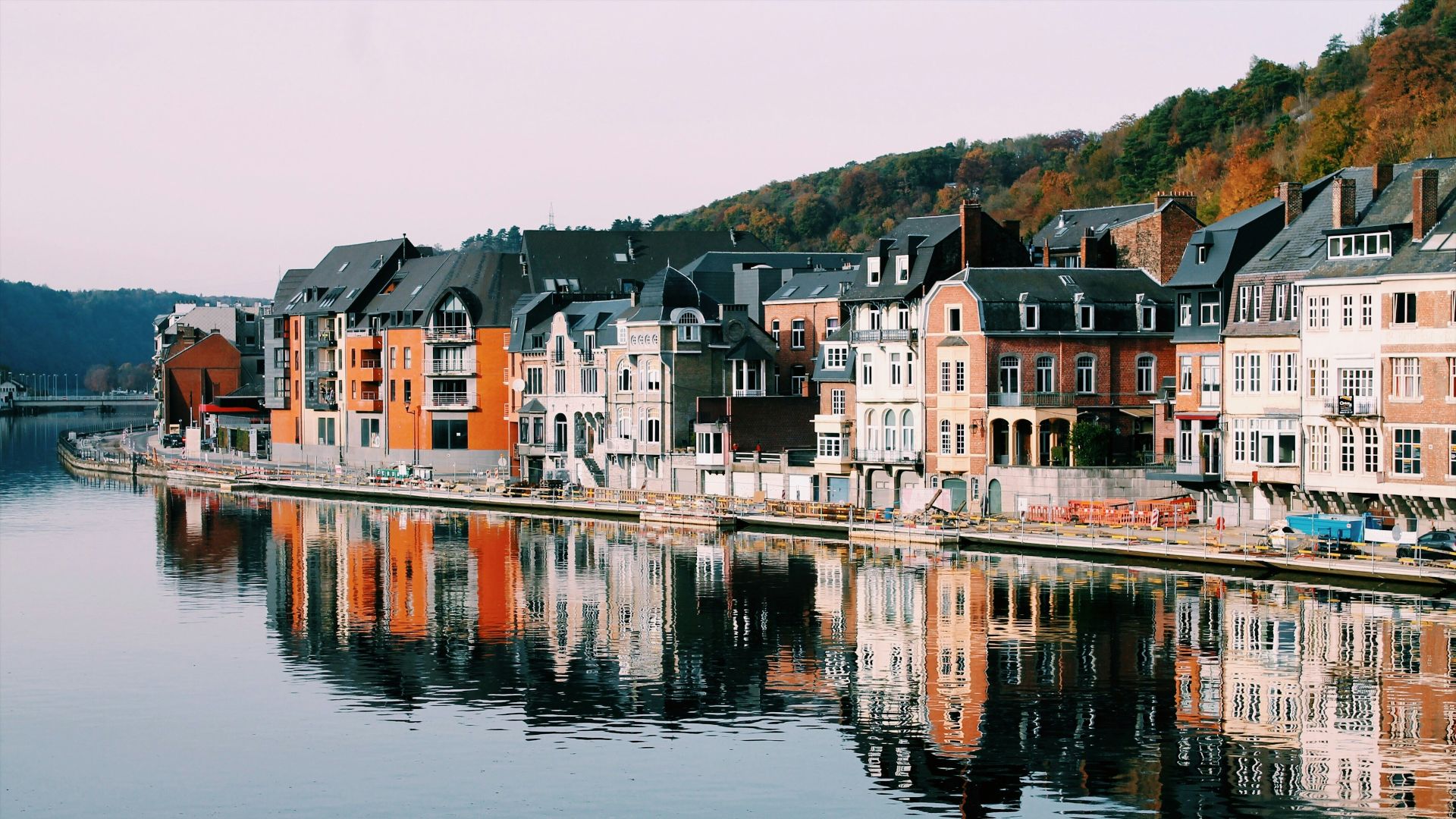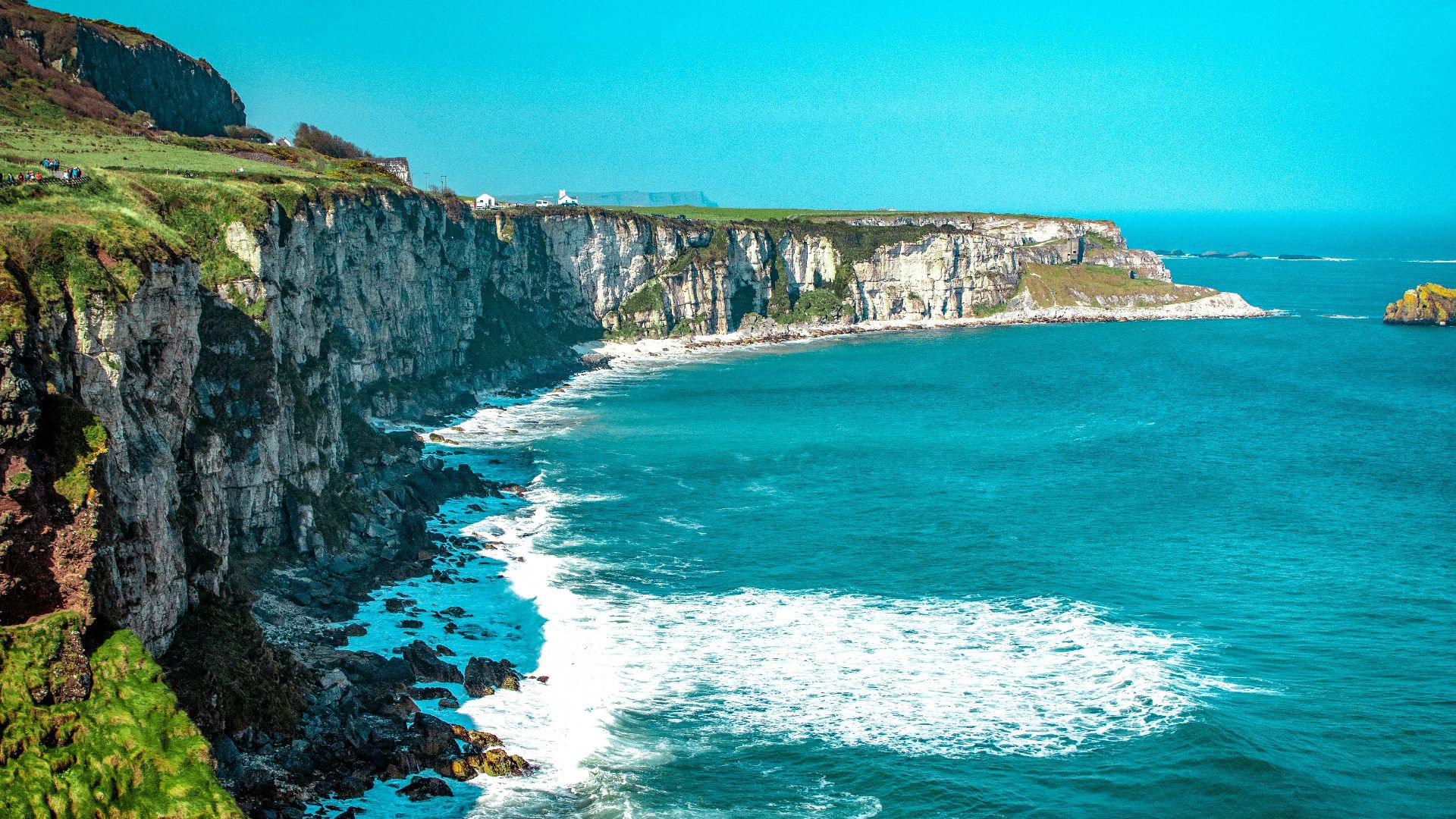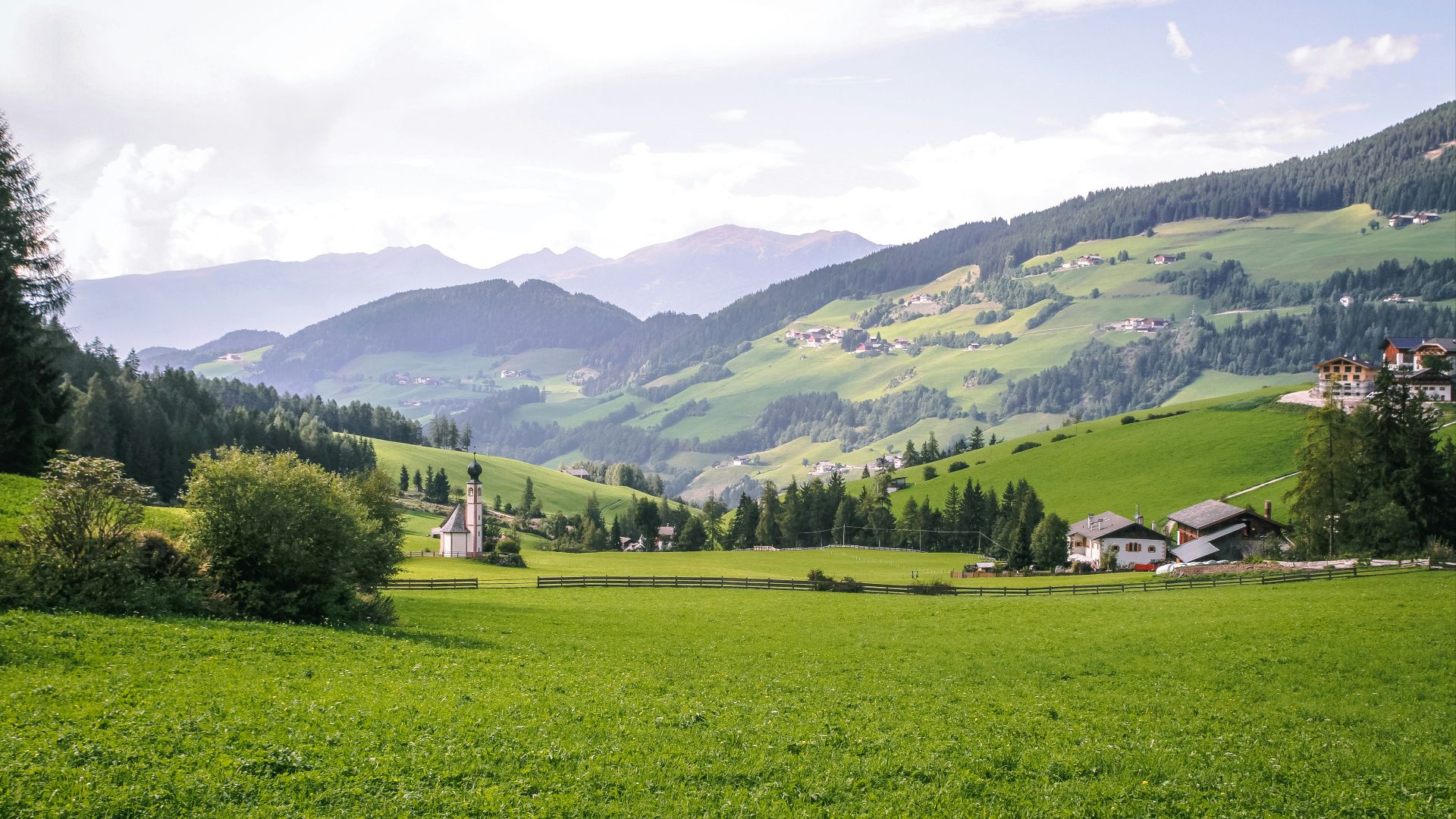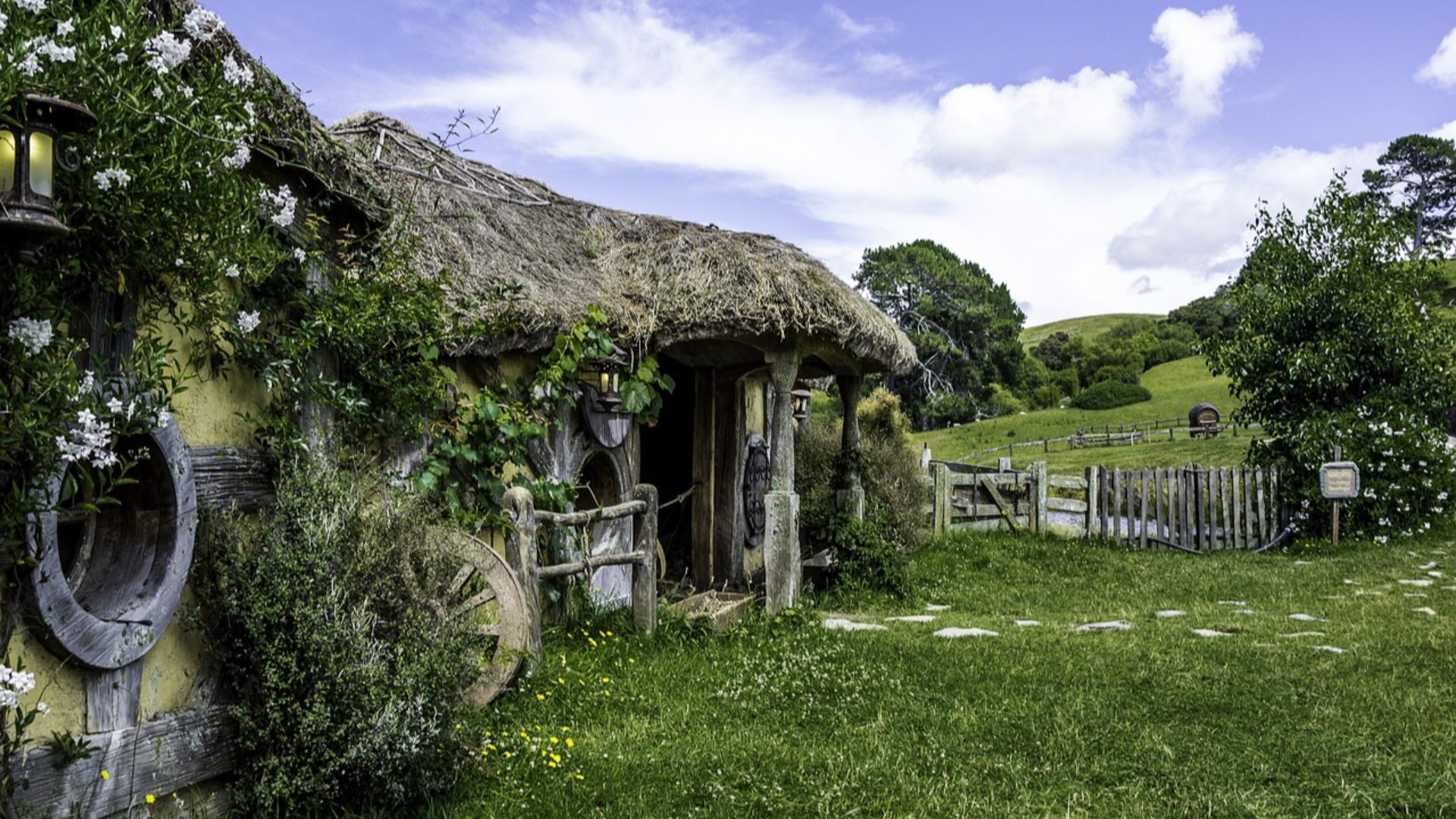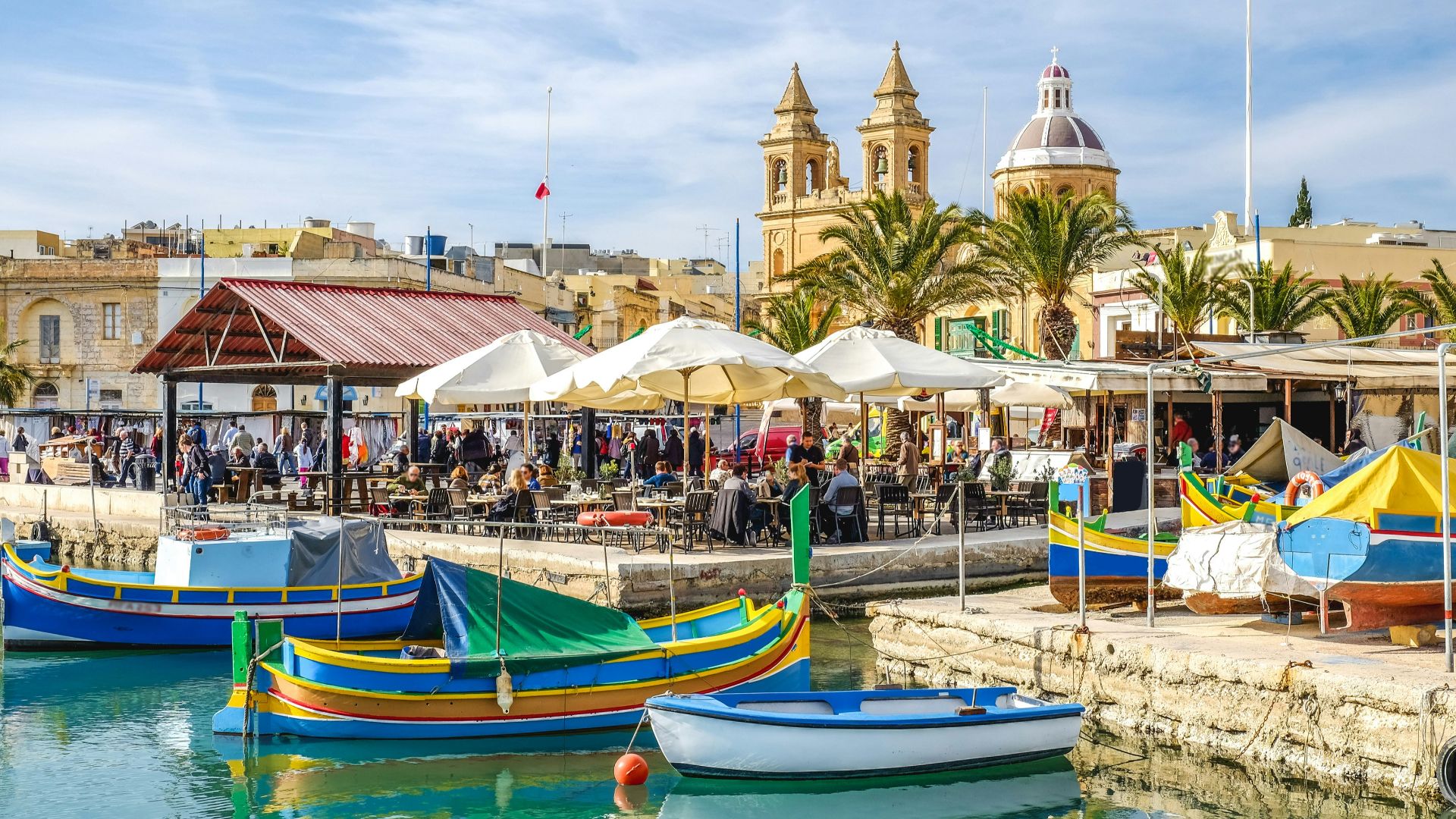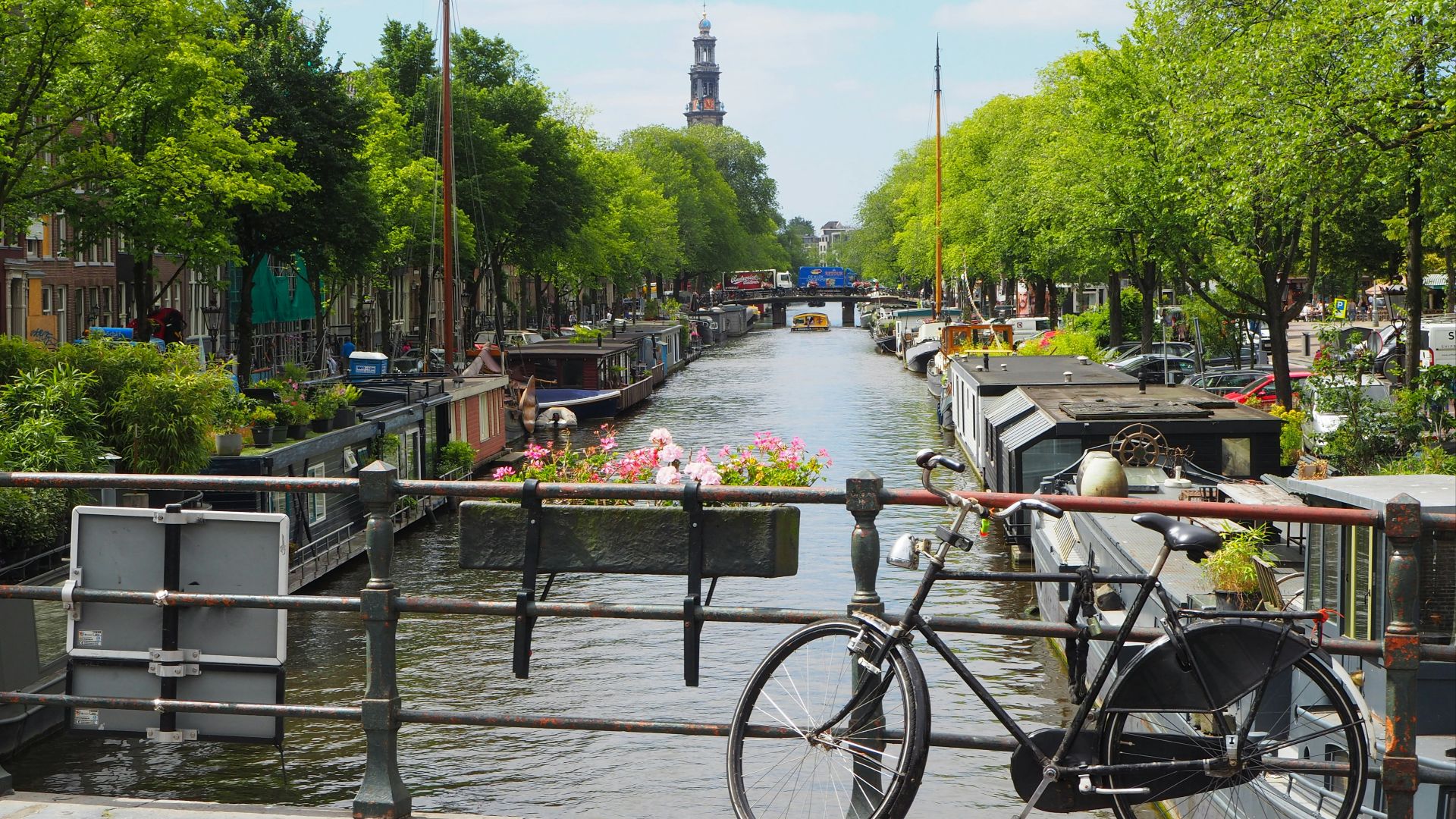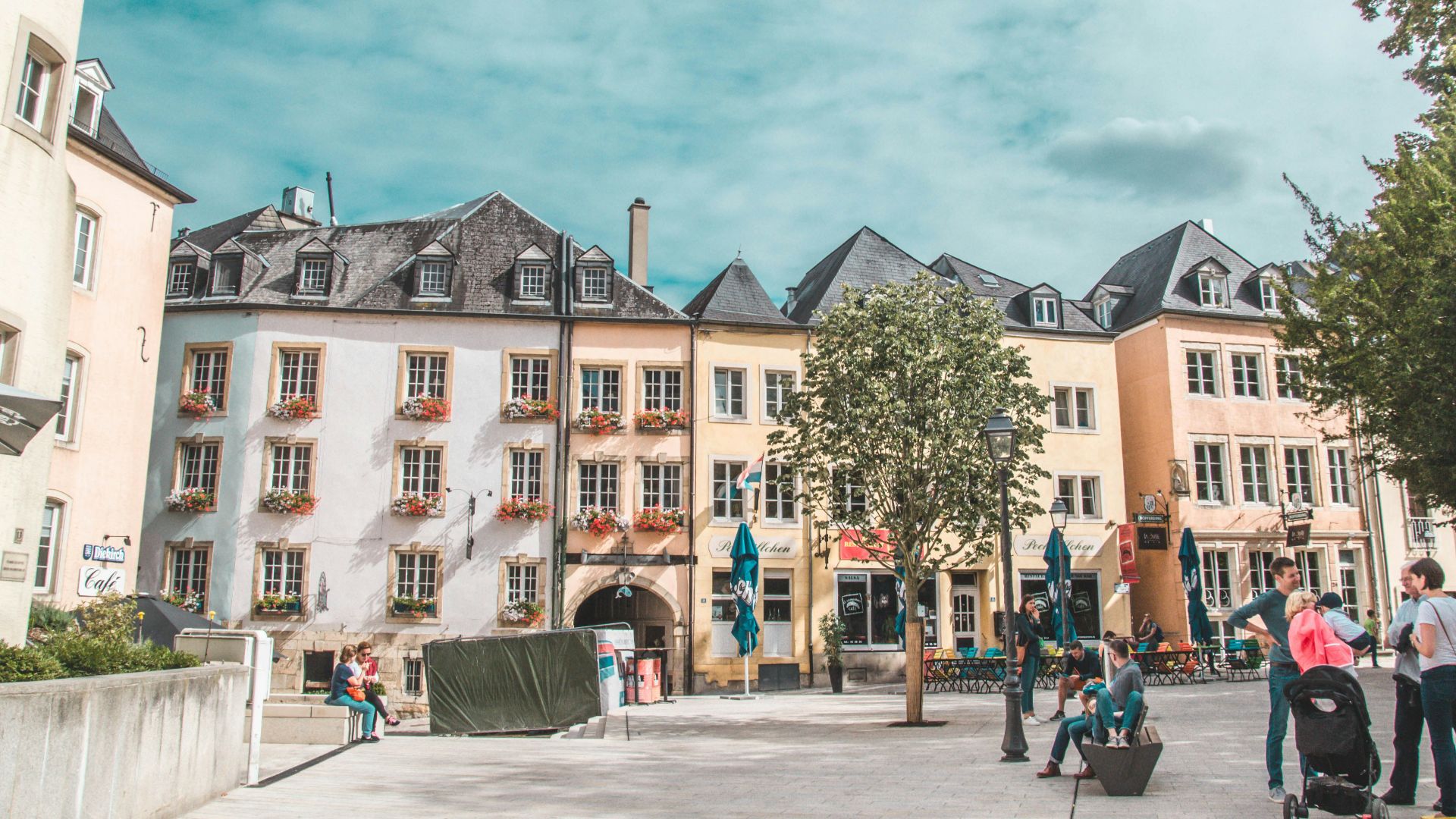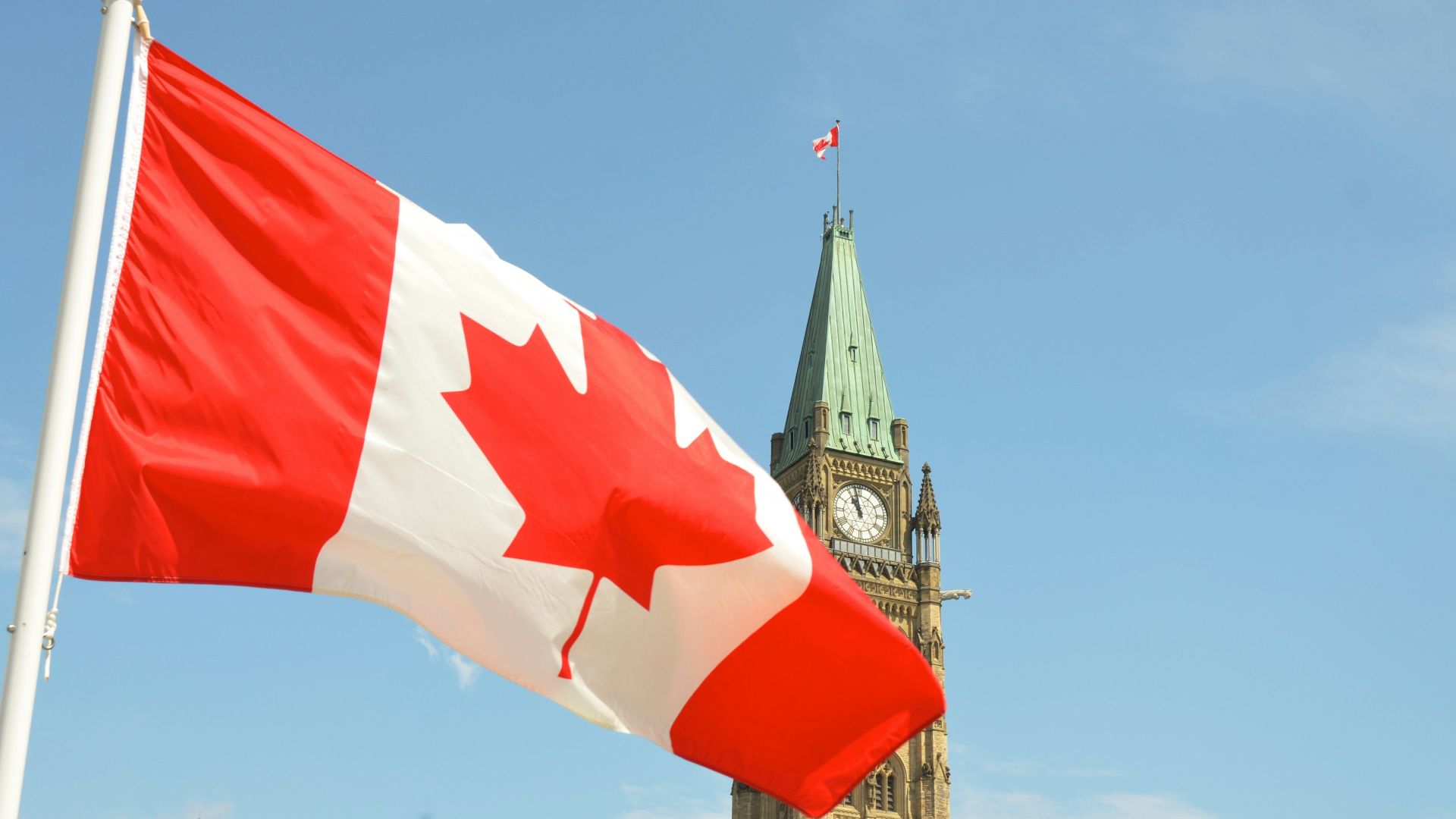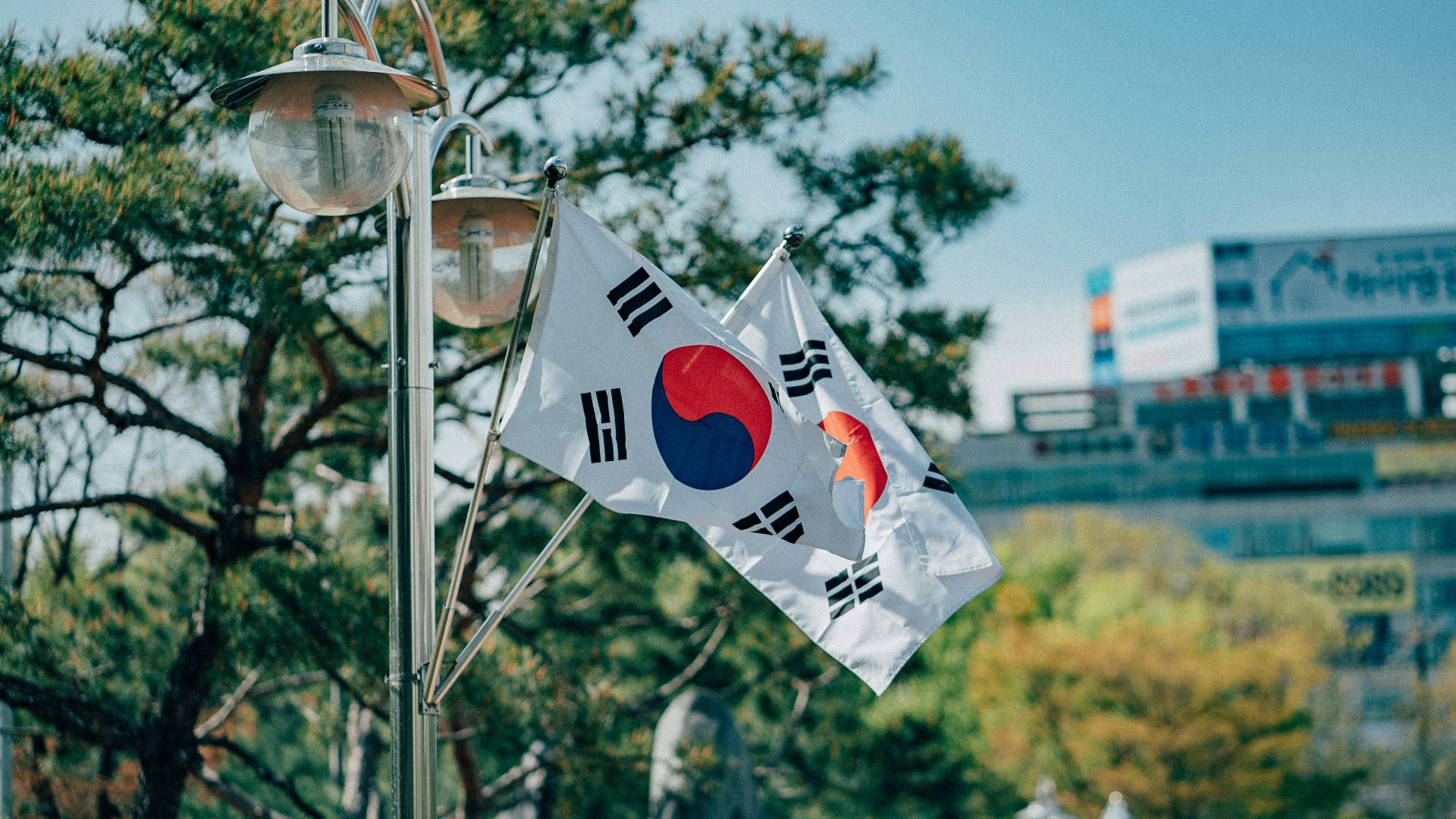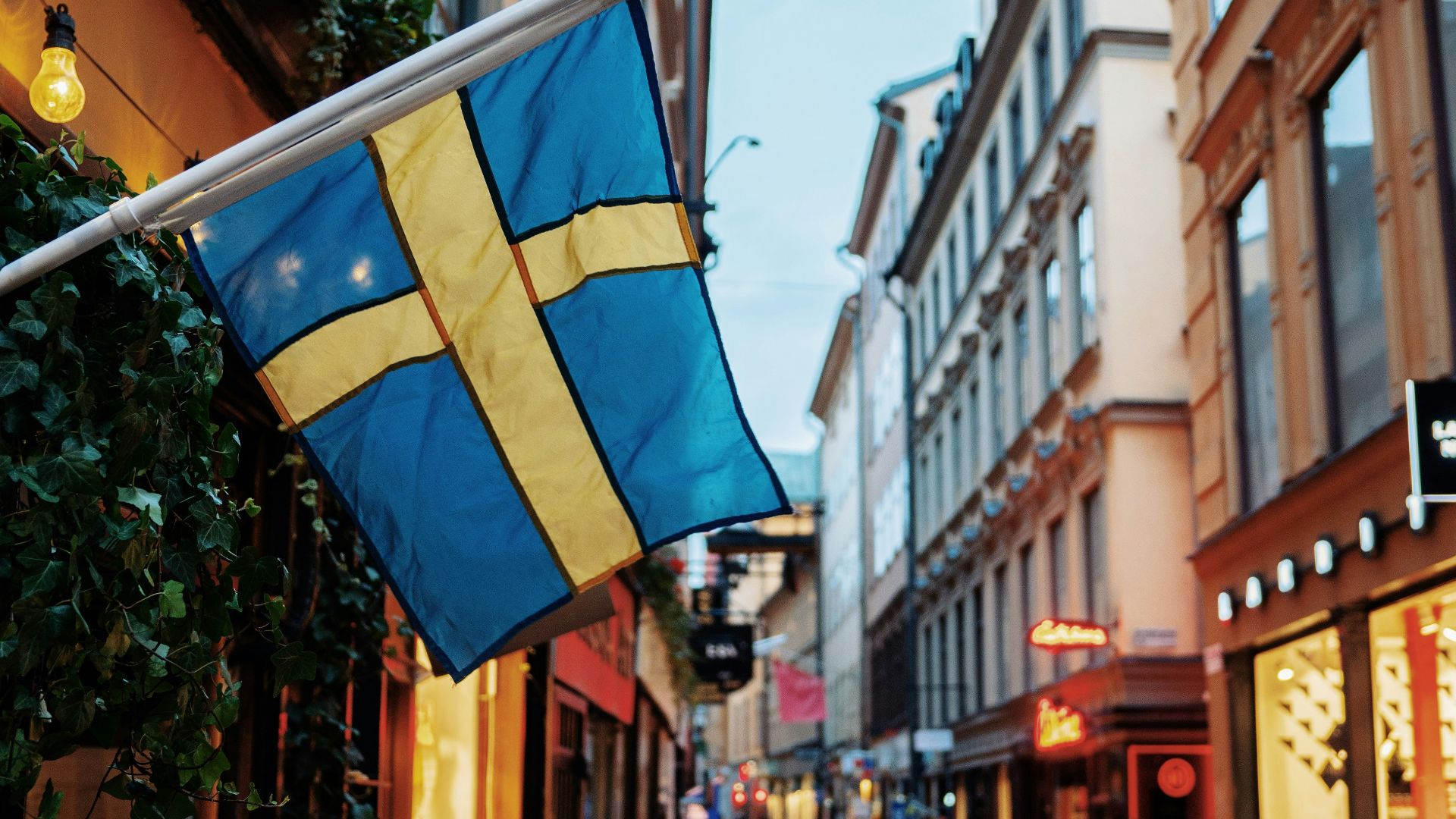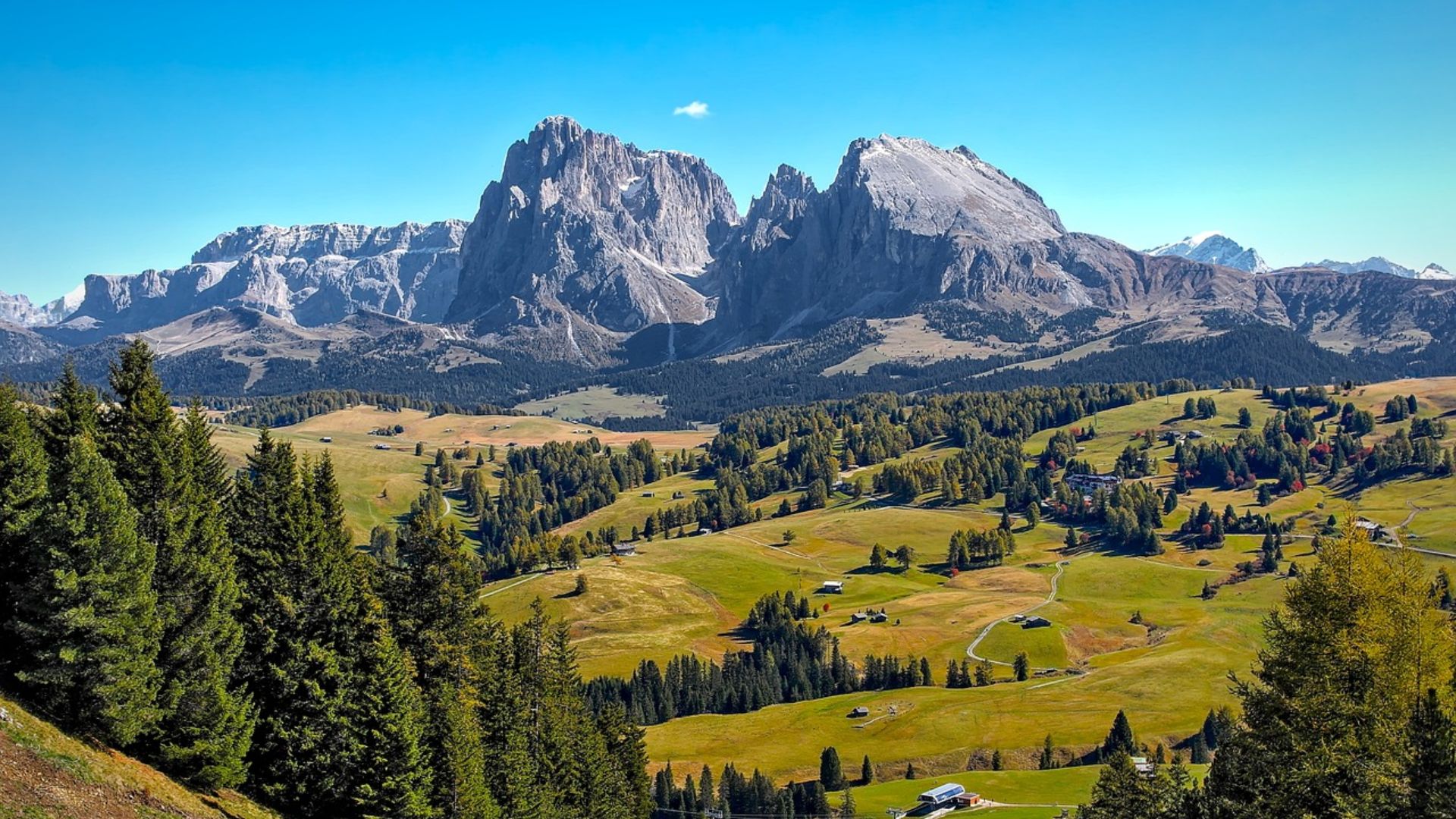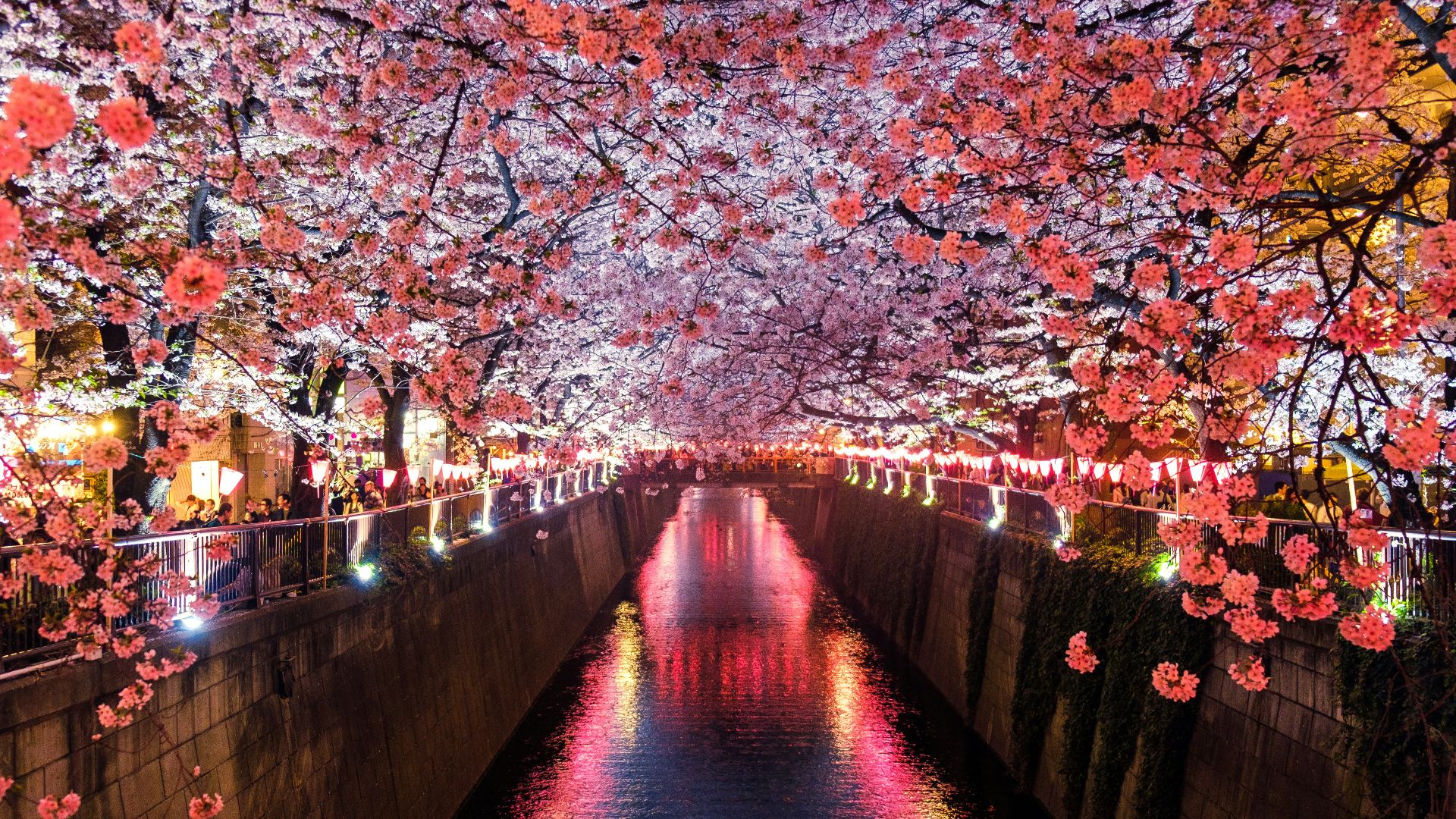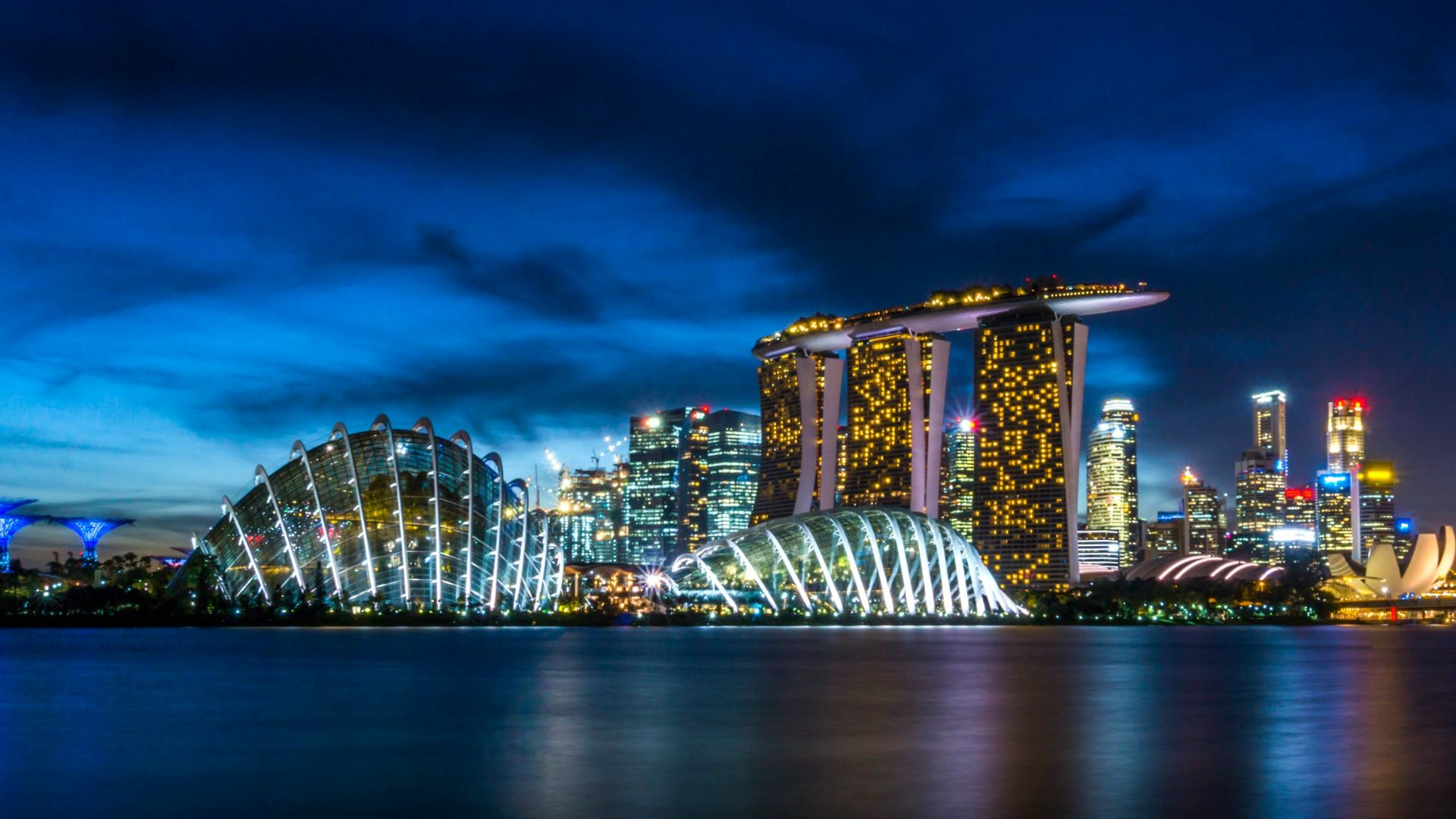Who is the Healthiest of Them All?
Ever wondered how healthy you are compared to the rest of the world? Take a look and find out how our country measures up.
In making this list, we decided to go with the most objective measure of good health there is: life expectancy. Taking our numbers from the World Health Organization's massive body of research and the latest reports, we've compiled the top 40 healthiest countries and figured out why they enjoy longer lives than the rest of the world.
40. Estonia
With over 51% of its land covered in dense forest, it’s no wonder the World Health Organization declared Estonia’s air the cleanest in the world. The benefits of its solid healthcare system and social services like free education, however, are outweighed by the fact that smoking and alcoholism are a bigger problem here than it is in other Baltic countries. It also has the greatest discrepancy in life expectancy between genders; while women can expect to live, on average, 82 years, men have only 72 to look forward to.
39. Brunei
This small country in Southeast Asia is incredibly prosperous due to its abundance of oil, and it’s also one of the most peaceful regions in the area. Citizens of Brunei have access to free education and healthcare, and the diet is healthy South Pacific island fare of seafood, vegetables, rice. One of the biggest contributing factors to its average life expectancy of almost 78 years, however, has to be the complete absence of alcohol. Brunei has one of the most observant Islamic populations in the world, and the sale of alcohol is completely forbidden.
38. Panama
A melting pot of wealth and excess, Panamanians benefit from having a lot of healthy imported cuisines to choose from. The diet here is a mix of Latin, Asian, and Caribbean, which means lots of vegetables, legumes, and seafood. The lively expat community keeps a lot of money flowing into the country, and having to pay little to no taxes probably takes some of the stress off of everyday life.
37. Albania
Universal healthcare and a diet based on legumes, vegetables, and grains have Albanians living to an enviable 78 years, on average. The mountainous region lends itself well to recreation, and the population here is relatively affluent since the government has been hyper-focused on growth and prosperity for this developing country.
36. Croatia
Croatia has many of the same benefits as Spain and Greece do; a sunny climate, Mediterranean diet, and laid-back attitude towards work. Its main drawback is that its healthcare system is private, meaning people either have to pay out of pocket or have health insurance in order to get treatment. Due to its long stretch of coastline, Croatia also has extraordinary clean air, and the region lends itself to swimming, sailing, hiking, walking, running, and cycling.
35. Qatar
This small country jutting into the Persian Gulf has the unique distinction of being the country with the lowest death rate in the world. 1.53 people in 1,000 die annually here; the rest live to an average of just over 78 years. Vast improvements in its health care system over the last few decades may be the reason for that, despite the country’s disproportionate percentage of people who struggle with obesity and diabetes.
34. Maldives
The beautiful islands in the South Pacific are famous for their perfect climate and resorts that verge on Paradise. Wealthy expats and natives enjoy free health care and a low crime rate - not many criminals are going to trek to an isolated island to steal. Surprisingly, the Maldives has the highest divorce rate on the planet, so maybe it’s the single life keeping the population partying past 78 years.
33. Czech Republic
Compared to some of the other countries on this list, the diet in the Czech Republic isn’t as healthy, and people who live in urban centers, like Prague, suffer from expensive housing. So it might be the fact that over 90% of the adult population has some sort of secondary education that allows Czechoslovakians a better quality of life, keeping them alive well past their 78th year, on average.
32. Cuba
Despite a high poverty rating and recent political turmoil, Cuba is a good example of what socialism can do for the people. Free education and free healthcare - their healthcare system is said to be the best in the world - keep the Cubans vital past their 79th year on average. In fact, due to the decades-long embargo imposed by the US, in many cases their cars are older than they are.
31. United States
The biggest threats to American lives these days are not what the media would have you believe (ISIS) - it’s plain old heart disease, followed by cancer. Not surprising, considering the US has a high rate of obesity and diabetes. Still, the average lifespan here is over 79 years, which is not bad, but this is one case in which the beloved US chorus of “We’re number one!” doesn’t hold up.
30. Costa Rica
On the peninsula of Nicoya, a high concentration of people live past 100, but this time, it doesn’t have everything to do with diet and exercise. (Have we mentioned the importance of diet and exercise?) In Costa Rica, there’s a focus on the importance of community and family that sustains a healthy social life for everyone, including the elderly. This philosophy is called the “plan de Vida,” which translates to reason to live, which, it turns out, is as important as eating your vegetables.
29. Chile
It’s the healthiest country in South America, which Chileans put their down to… a lack of armed conflict? It’s not very romantic, but Chile is rather peaceful compared to its neighbors, Bolivia and Argentina. That’s not all, though. The long, coastal country has a temperate climate, which means less environmental stress, and enjoys healthcare that’s on par with more developed countries.
28. Cyprus
One of the coolest things about Cyprus is that it’s built a reputation as a safe haven for refugees from war-torn countries. It’s only fair that a country that saves so many lives should enjoy a healthy longevity among its citizens. There’s another thing Cypriots are known for, and that’s not rushing. A laid-back, stress-free lifestyle on a gorgeous sunny island? Who wouldn’t stick around for that?
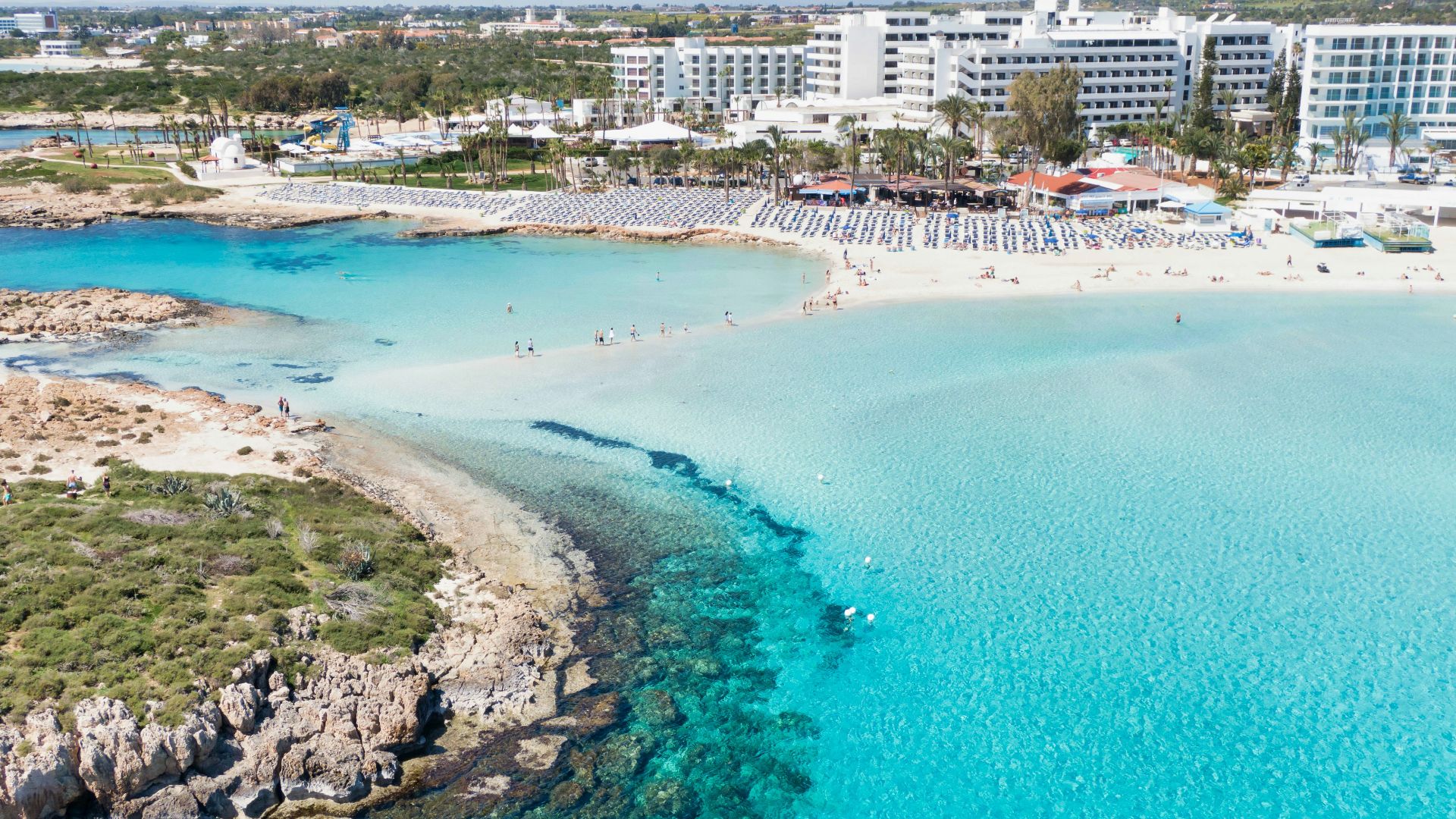 Secret Travel Guide on Unsplash
Secret Travel Guide on Unsplash
27. Denmark
Anyone who’s visited Copenhagen and seen the density of bikers coursing the street won’t be surprised to see Denmark on this list. Over 75% of the population commutes by bike or on foot, which signifies the healthy approach the Danes practice in all avenues of life. Of course, Denmark has also been ranked consistently on the world's happiest country index; so is it being healthy that makes them happy, or vice versa? The Danes would probably say it has something to do with hygge, the philosophy of well-being and comfort that emphasizes the importance of personal relationships and derails stress.
26. Slovenia
Formerly part of Yugoslavia, Slovenia is a small, clean country in the Alps that has a lot going for it. Its natural beauty is beyond compare, with scenic forests, crystal lakes, and gorgeous mountain vistas. With a diet based on meat and dumplings, Slovenians shouldn’t live as long as they do - an average of over 80 years - but perhaps finally being out from under the yoke of communism is what keeps Slovenian hearts beating a little longer.
25. Greece
Greece’s high ranking is in part due to Ikaria, a small island off the coast that has the fourth-highest concentration of centenarians in the world. One in three people there is expected to live past the age of 100. The population on the mainland enjoys a similar Mediterranean diet of healthy fats, vegetables, and seafood, and the abundance of sunshine can’t hurt.
24. Germany
Germany has surpassed its European neighbors in many aspects. It has a stable economy, a progressive culture, and a government that cares about the welfare of its citizens. Moreover, Germans know how to take care of themselves. They’re outdoorsy and prize healthy, fresh food over junk. With an average lifespan of 81 years, it seems the stereotype of the robust, rosy-cheeked German is based on truth.
23. Portugal
Lisbon is a beautiful city, renowned for its fine food and quality of life. Outside of Lisbon, the Portuguese enjoy a brisk, rural lifestyle that encourages activity and a healthy diet. More significantly, though, the culture values family and friendship over work and productivity, making it a less stressful existence. It’s also sunny more than 300 days out of the year, and we all know how important Vitamin D is.
22. Finland
Sauna. It’s not just a wooden box full of steam; for the Finns, it’s a way of life. And it seems to be working, with the average Finn enjoying an 81.1-year lifespan. A favorite Scandinavian past time, Finland is especially loyal to the sauna, with over 2 million of them in the country. According to science, thirty minutes in the sauna lowers blood pressure, sweats out toxins, and reduces stress.
 SaiKrishna Saketh Yellapragada on Unsplash
SaiKrishna Saketh Yellapragada on Unsplash
21. Belgium
Belgium consistently ranks as one of the best places to live in the world. Unless there’s some sort of magic ingredient in the over 400 different varieties of beer brewed here, it must be the quality of life that keeps the Belgians going. With an average 81.1 years to live, the Belgians know what’s important; they report shorter work hours than other countries, and has more music festivals and folk festivals annually than any other European country.
20. United Kingdom
Anyone who indulges in British television drama knows the NHS as a tedious, bureaucratic bogeyman, but the National Health Service has been keeping the Brits alive since WWII. On top of that, Brits actually enjoy a fairly healthy diet - since healthy eating became trendy, it’s not all meat pies and biscuits anymore. Of course in England, the royals are doing it better; Queen Elizabeth II is 93 years old, leaving the average national lifespan of 81.2 years in the dust.
19. Ireland
Can the Emerald Isle’s long lifespan be written off to the luck of the Irish? Sort of. They’re lucky enough to have a great healthcare and education system, as well as strong social services overall. But one thing that might keep the Irish clinging to life a little longer is their jovial outlook; Ireland is reportedly one of the friendliest places in the world, with visitors continually siting how warm and welcoming the locals are.
18. Austria
Austria has always been associated with the finer things; beautiful architecture, a culture steeped in the arts, and rich intellectual history. Nowadays, Austrian life is further augmented by great healthcare, strong social infrastructure, and affordable housing compared to economically similar European countries. One of the major contributing factors to the healthy citizenry, though, is its low crime rate - the people here have little to worry about in terms of safety during their 81.5-year lifespan.
17. New Zealand
New Zealanders have a healthy, active lifestyle, and it’s no wonder considering all the recreation the country has to offer. If New Zealand had a dating profile, it would read, “Hobbies include: parasailing, mountain climbing, surfing, cycling, and hiking.” Additionally, NZ is the most socially progressive country in the world. Gasp, could social equality lead to a better quality of life, and a longer one? Seems like a stretch, but it was the first country in the world to give women the vote, and now they have an average lifespan of 81.6 years.
16. Malta
Perhaps it’s because the people here spend most of their time sunning and sailing that Malta has one of the lowest preventable death rates in Europe. On the other hand, the lifestyle here is reportedly not that healthy; the diet is more Westernized than that of other Mediterranean countrries (a lot of sugar and snacks), the rate of diabetes is higher, and more people drive than in neighboring countries. Nevertheless, the Maltese persist, which probably has more to do with the fact that it’s a hotspot for wealthy retirees, who can afford the best in healthcare.
15. Norway
The Nordic way of life steals all the best parts of the Scandinavian lifestyle; good food, a strong focus on social life, and being active daily. The country also offers free education, and not just to Norwegians - international students can attend university here, for free. This contributes to overall higher quality of life, lower poverty, and presumably fewer cases of death by stupidity.
14. Netherlands
The Netherlands puts the “farm” in “farm-to-table,” with a high percentage of the food people eat coming straight to them from the producer. This means that food is generally inexpensive, and the locals get a high nutritional bang for their buck. A government invested in good healthcare and a low poverty rate coupled with a high employment rate keep this country high on the longevity index, with people here living upward of 81.9 years on average.
13. Luxembourg
As Europe’s 8th smallest country by size, and with a population of less than 1 million, it’s possible death just keeps missing Luxembourg. But it’s also one of the world’s wealthiest countries, and that’s probably the real reason for its enviable 82-year lifespan. Luxembourg’s citizens enjoy the best of everything, from huge tax cuts to exceptional healthcare - and who wouldn’t want to stay alive in a country with one of the highest concentrations of castles on Earth?
12. Canada
Oh, Canada. Land of free healthcare, socialism, and a suspicious lack of handheld weapons. High quality of life, a low poverty and unemployment rate, and ease of access to education and life-saving medication make it almost easy to live an average of 82.2 years in Canada. Too bad the only thing to do with that extra time is drink maple syrup and wear flannels.
11. South Korea
Could it be the kimchi? Apparently one of the healthiest foods in the world, kimchi is said to aid digestions and boost toxin-fighting hormones in the body, and Koreans eat a lot of it. Kudos for the Korean’s average lifespan of 82.3 years also has to go to its universal healthcare system, which has been in place since 1989. The government also has its citizens health in mind; when Korea realized it had a problem with internet addiction (more than 10% of the population reports to suffer from this issue), the Korean government built treatment centers to deal with the problem, as well as implementing an internet curfew for teens. We can guess how well that went.
10. France
The French are famous for eating a diet of bread, cheese, and wine, and for smoking a pack of Gauloise every day. But lately, that’s no longer the case. With an average lifespan of over 82 years, higher than the EU average of 80, the French lifestyle has become healthier since the early 200’s, when the government began an aggressive anti-smoking campaign. Still, the people there drink more, smoke more, and exercise less than most of Europe. Maybe they can afford to, given the exceptional quality of their healthcare.
9. Sweden
The Swedes have a word for their moderate approach to life: “lagom.” This basically means that in Sweden, people enjoy food, work, and everything in just the right amounts - not too much, and too little. Too much or too little anything can stress the system, so it must be this philosophy of moderation that allows the population here to enjoy, on average, 82.4 years on Earth.
8. Israel
A good diet and excellent healthcare keep Israelites ticking past 82 years on average. One of the major contributors to longevity here is also the high focus on religion - and not because God is doling out favors in the form of a few extra years. Both the Jewish and Muslim religions, which are the most popular in the region, discourage indulgence in alcohol and other unhealthy vices. This moderate lifestyle means a lower incidence of disease overall.
7. Italy
The world’s first blue zone was discovered here, on the island of Sardinia where half the population lives until they’re 100 or older. Italy has a lot of things going for it in terms of the health of its population; a Mediterranean diet, focus on family, and social services like free healthcare. It’s also no surprise that the country that coined the phrase “Carpe Diem” knows how to live the good life, and knowing how to enjoy oneself is one of the key ingredients to a long life.
6. Iceland
The island has a diet rich in seafood, but that’s not the only contributing factor to Iceland’s 82+ year life expectancy. It’s one of the most peaceful places in the world; Iceland has only ever waged one war, and that one was over cod. Healthy living is a top-down effect, and Iceland’s government is conscientious and corruption-free (more or less), supporting sustainable energy initiatives and maintaining a top-tier healthcare system, all of which contribute to the quality of life there.
5. Spain
Recently listed at the top of the Bloomberg list of healthiest countries in the world, Spain takes fifth place on ours with a life expectancy not quite 83 years. Locals boast that the quality of the food is what makes them so robust, with excellent fresh produce available in markets year-round. They also pursue a stress-free lifestyle; most places outside of the major urban centers still practice siesta, the three-hour mid-day break. If good food, rest, and lots of sunshine are all it takes, we should all move to the Mediterranean right now.
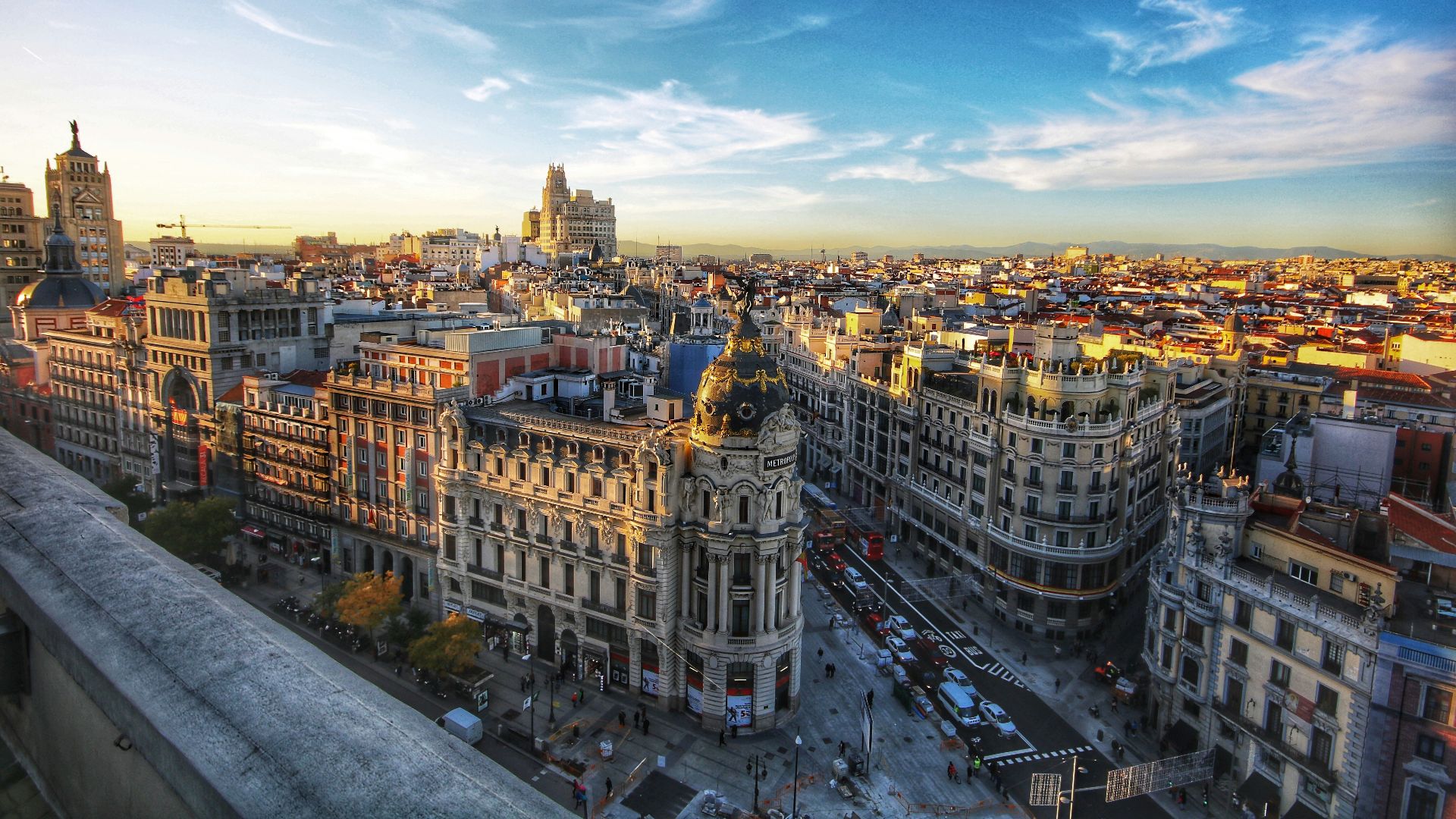 Jorge Fernández Salas on Unsplash
Jorge Fernández Salas on Unsplash
4. Australia
With its reputation for dangerous animals and challenging terrain, you would think Australians wouldn’t be living to the ripe old age of 82.8 years on average. It’s universal healthcare, a low poverty rate, and a healthy, active lifestyle that keeps Aussies ticking into their later years. A laid-back attitude to life may also contribute to their longer lifespan; less stress generally means less disease and health issues. On the less positive side, though, it has to be noted that only part of the population has this to look forward to. Aboriginal Australians live, on average, ten years less than non-natives.
3. Switzerland
Currently ranked #5 for best quality of life, the Swiss know how to take care of themselves and it shows in their average life expectancy of 83.4 years. With almost no fast food joints in the country, they have one of the lowest rates for obesity in a first-world country. Meals are meant to be enjoyed as a social experience rather than being all about the feast, which focuses on whole foods. They also maintain a careful work-life balance; shops close early, nothing is open on Sunday, and nothing opens before 8 a.m., because sleep is important. Catching a few extra z’s is obviously working in their favor.
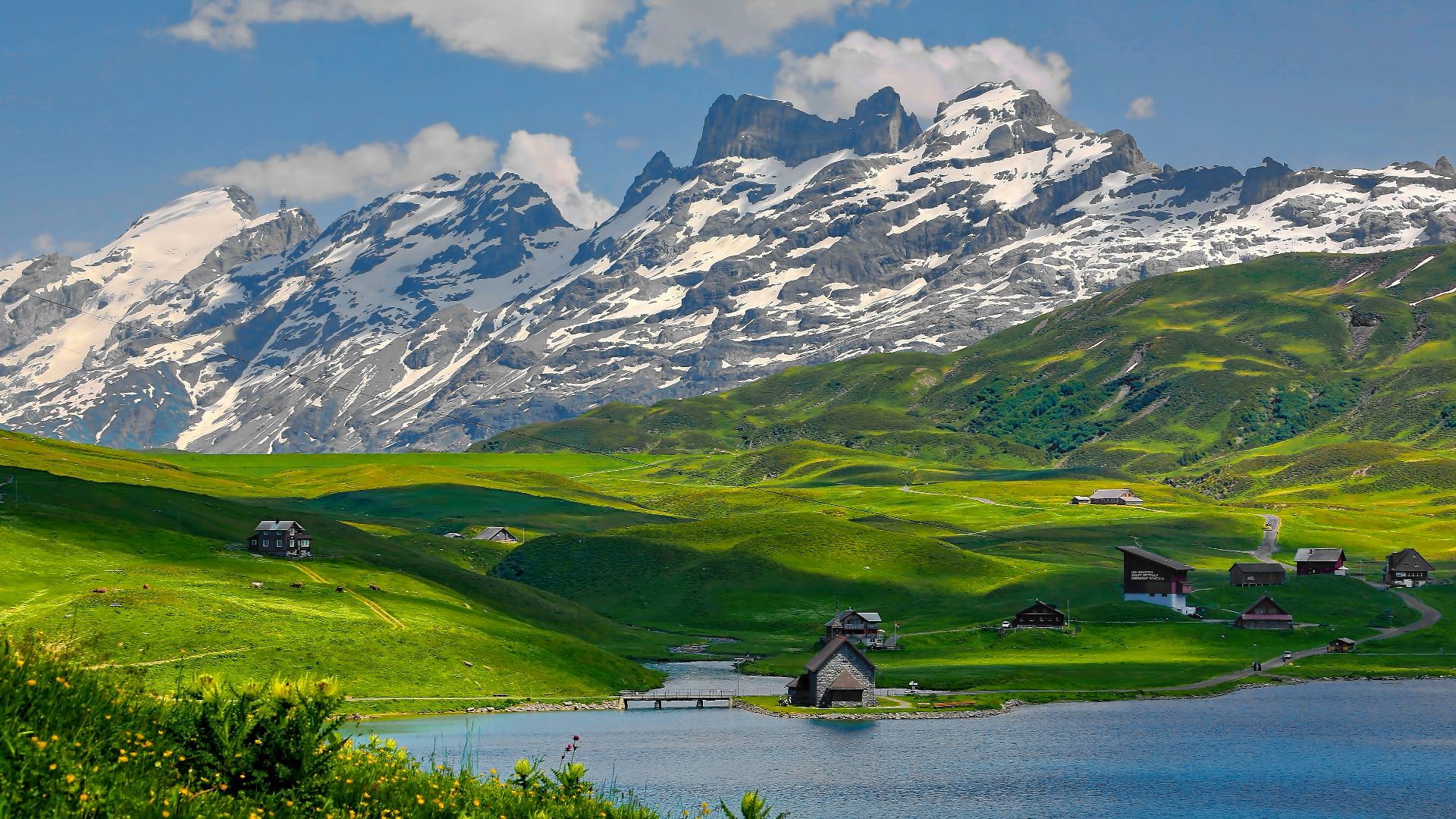 Ricardo Gomez Angel on Unsplash
Ricardo Gomez Angel on Unsplash
2. Japan
On the small island of Okinawa off the coast of Japan, people live forever. Well, pretty much: the population here lives to a healthy, happy 100, pulling up the average life expectancy of the whole country to 83.7 years. The Japanese lifestyle of moderation, hard work, and community contributes to that, as does a diet that emphasizes seafood and vegetables over sugar and dairy. People here also put a daily focus on physical activity, with biking being a popular past time, and who can forget this is the country that pioneered mid-day tai chi breaks at the office.
1. Singapore
Just this year, Singapore announced that its average life expectancy has shot up to just over 84 years. The island has a high concentration of wealth, which explains in part why Singaporeans are living the good life, but it isn’t just money alone keeping the population fit. The healthcare system is based on a philosophy of early detection and prevention of disease, catching and treating illnesses before they become deadly. Like the other Asian countries on this list, the people here prize family relationships above everything, and have a network of social connections and support that sustain them in their later years.



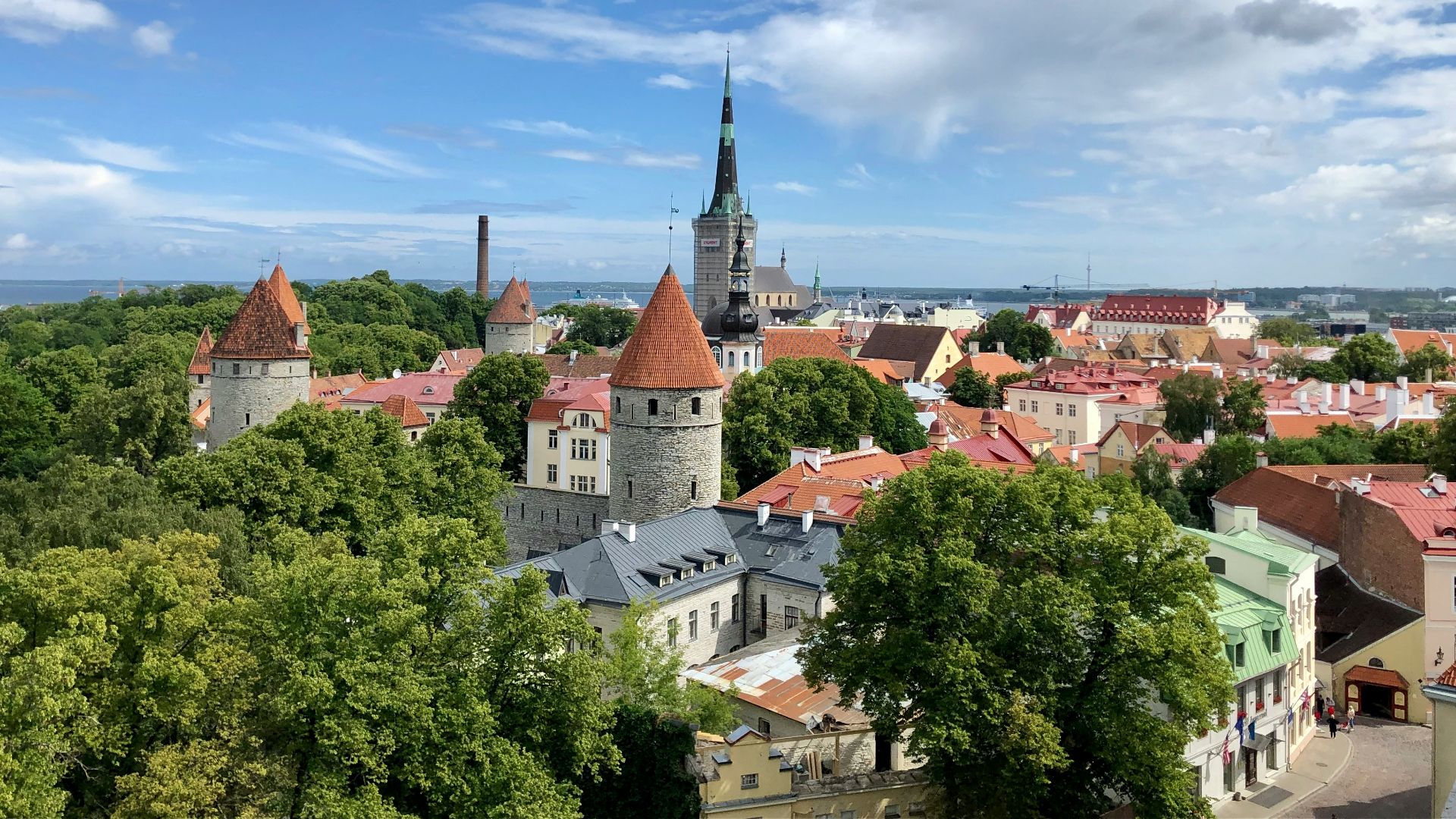


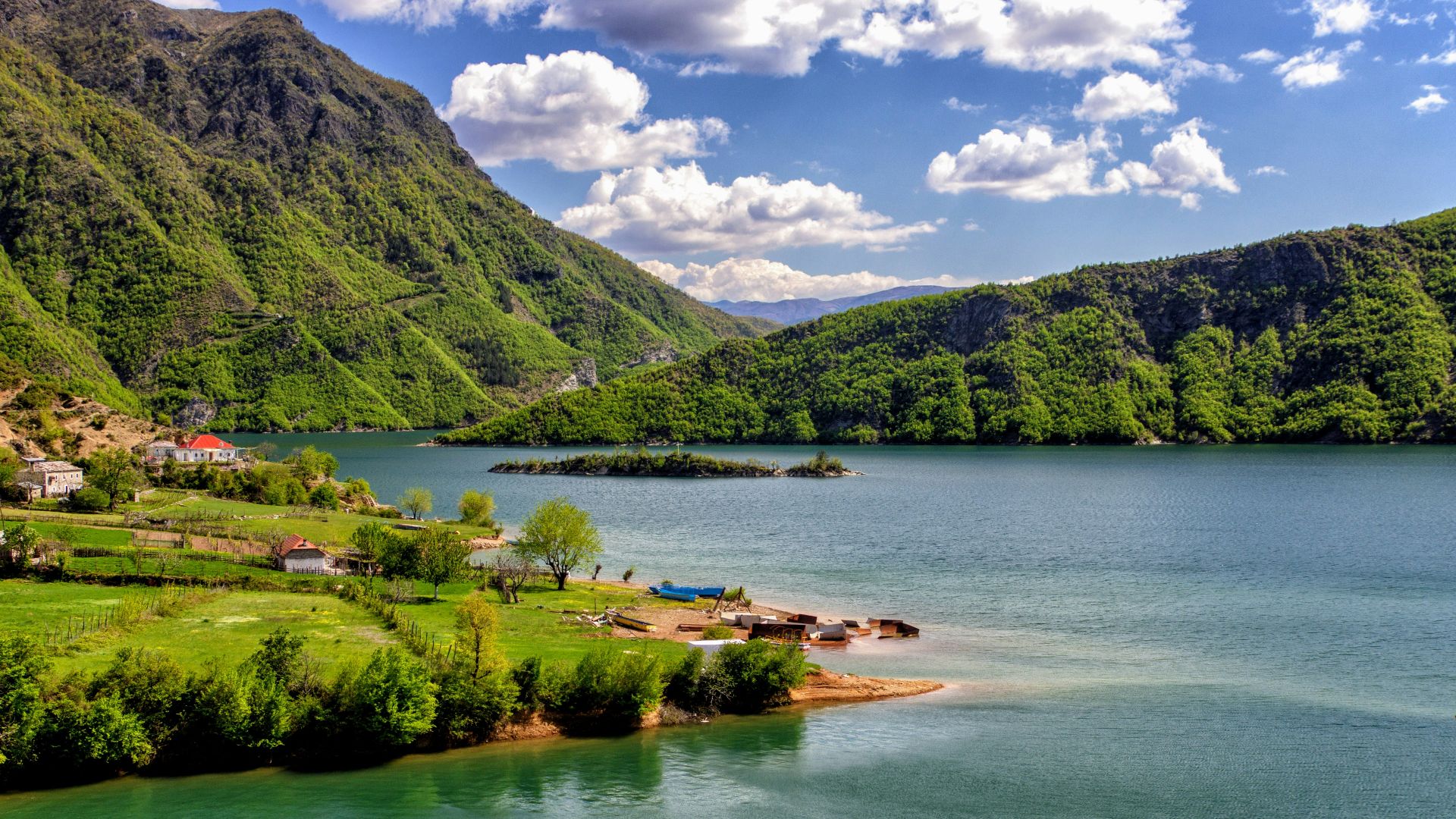
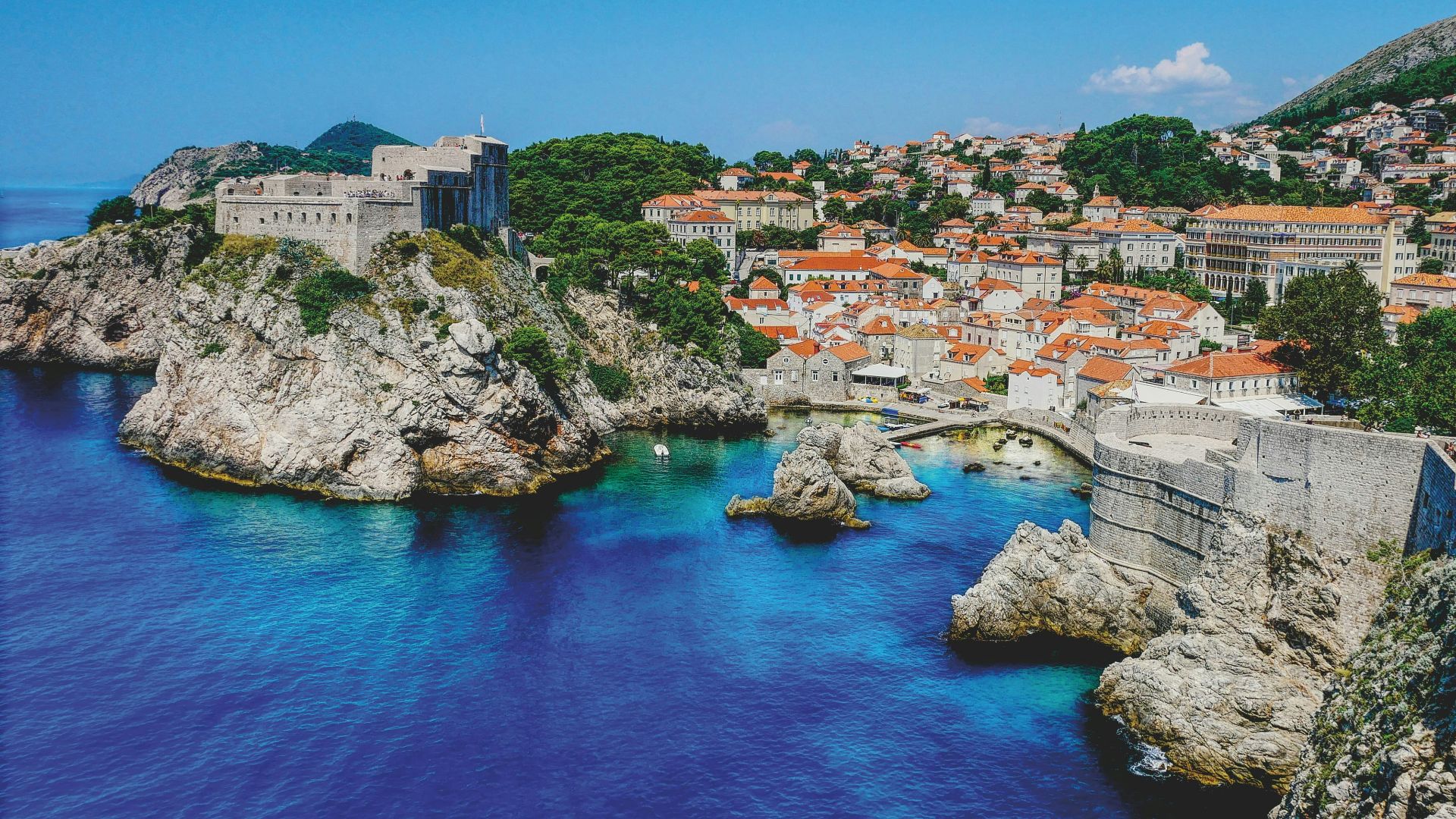
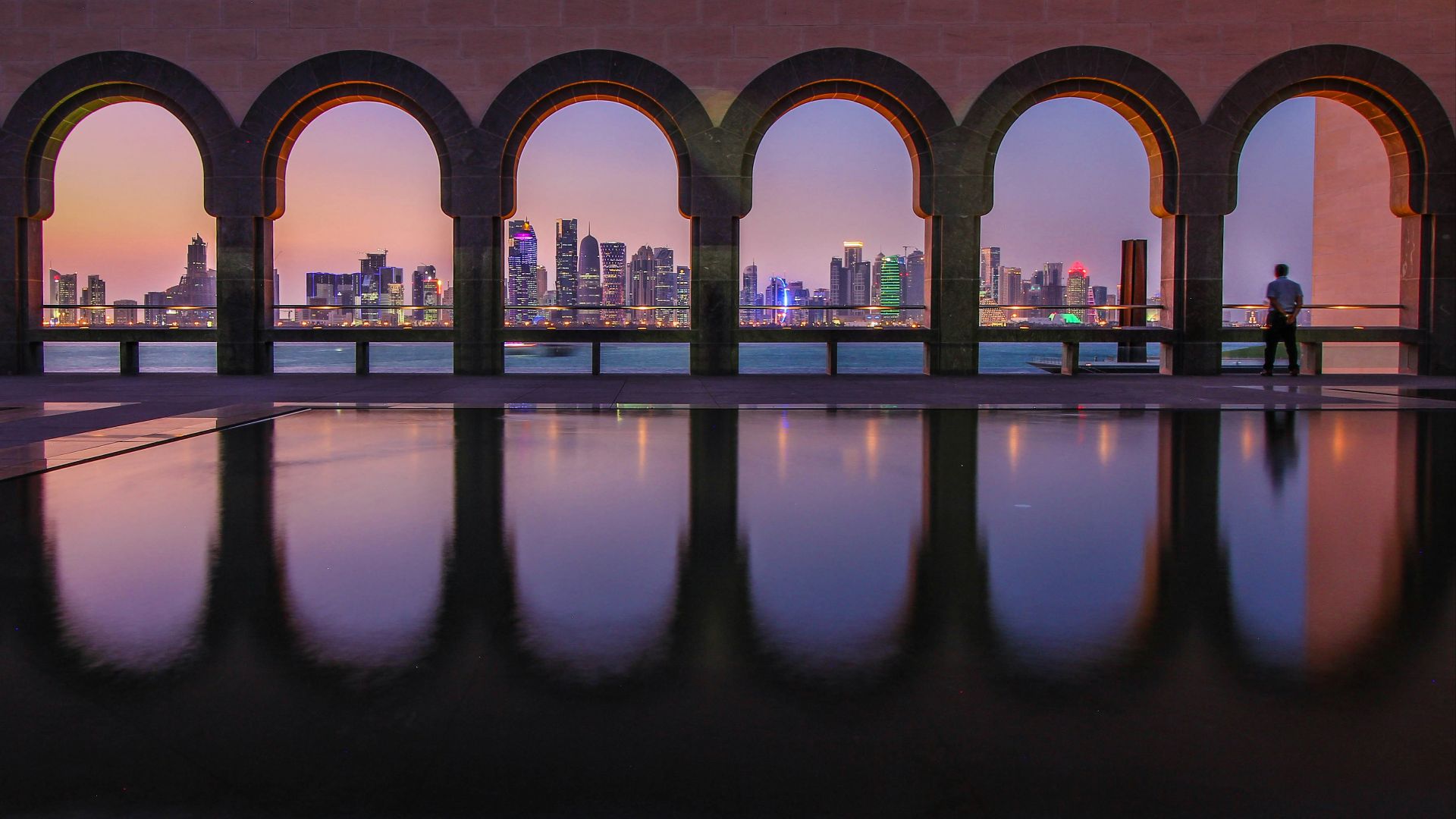
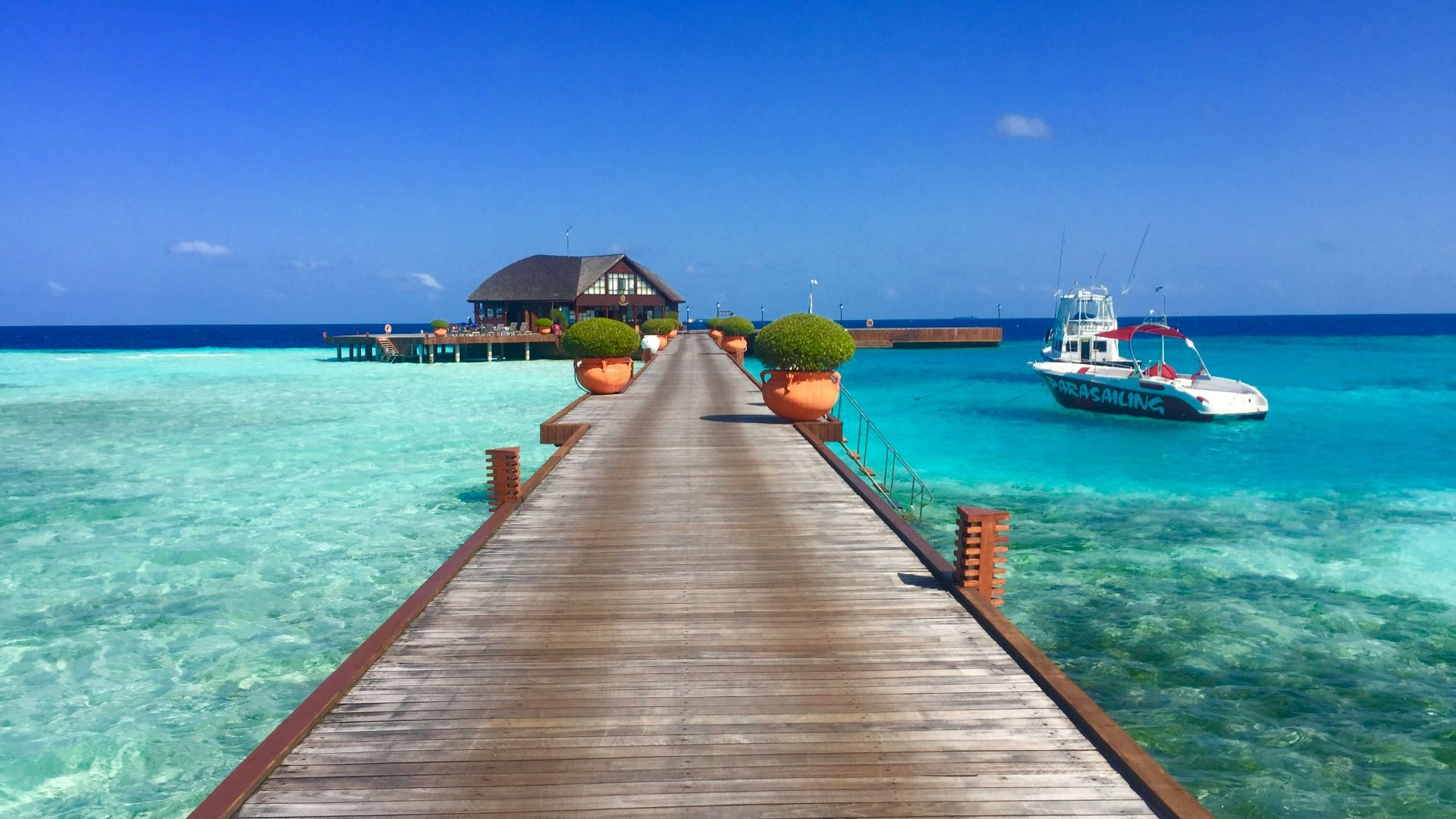
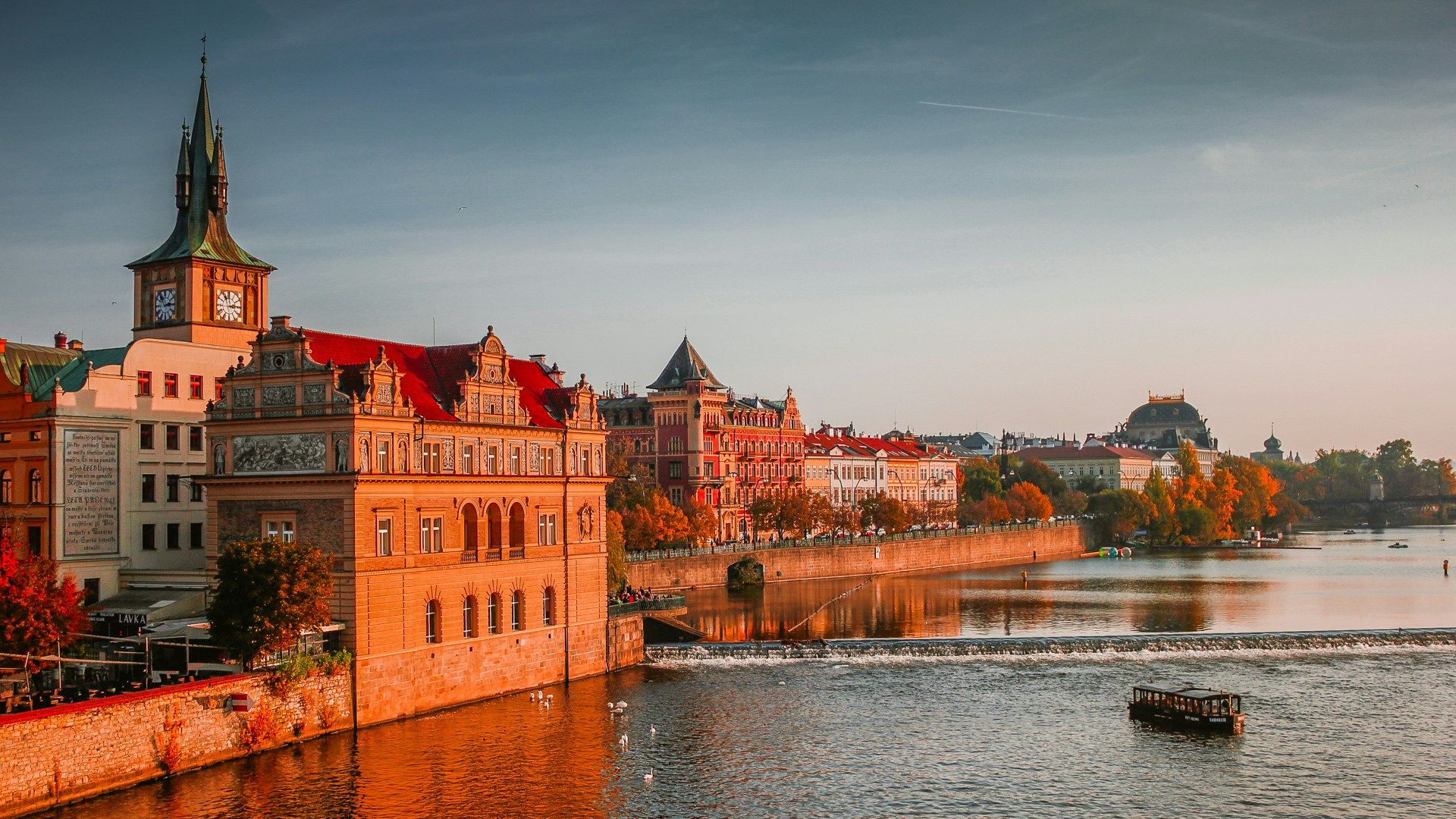
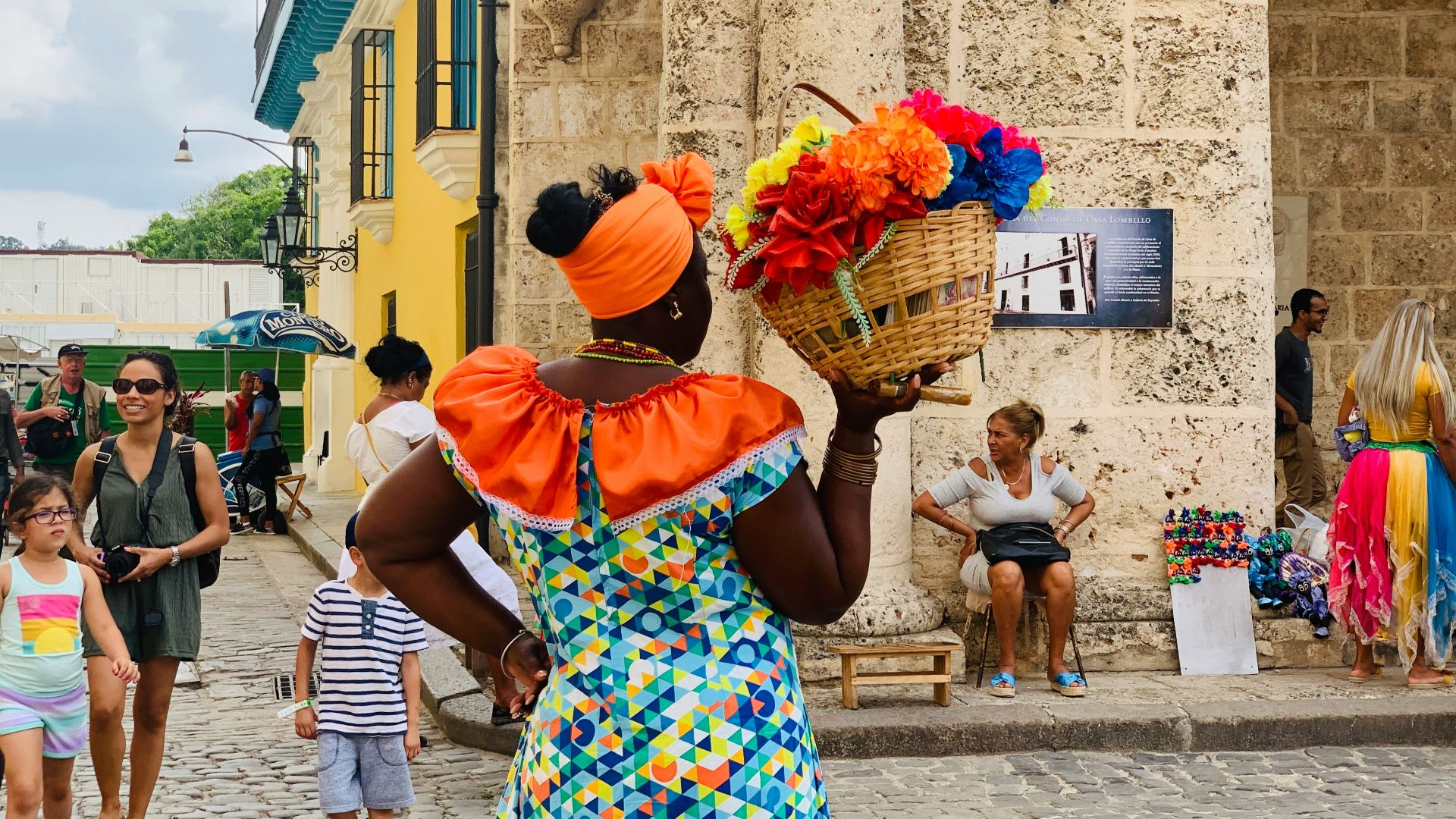

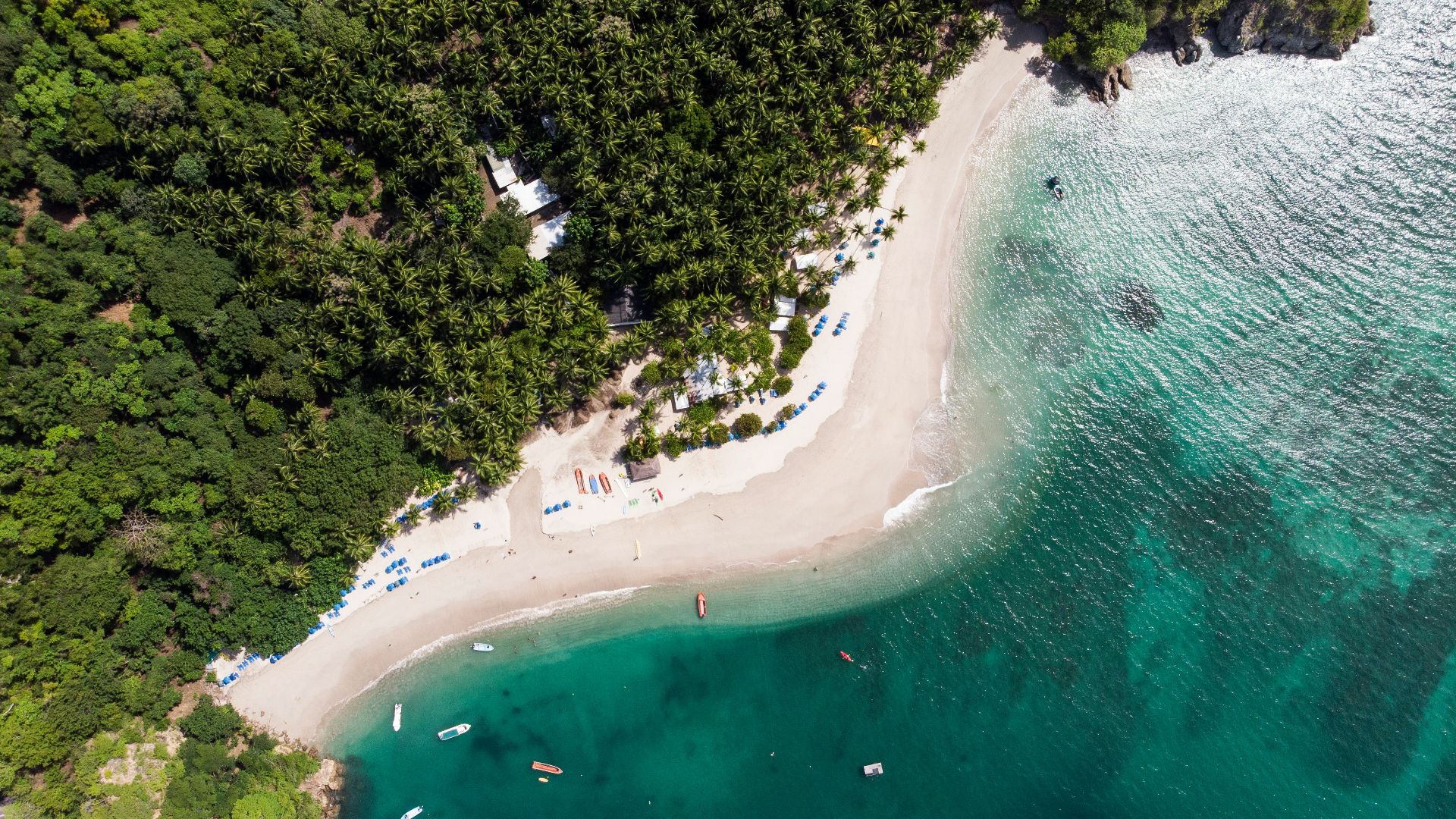
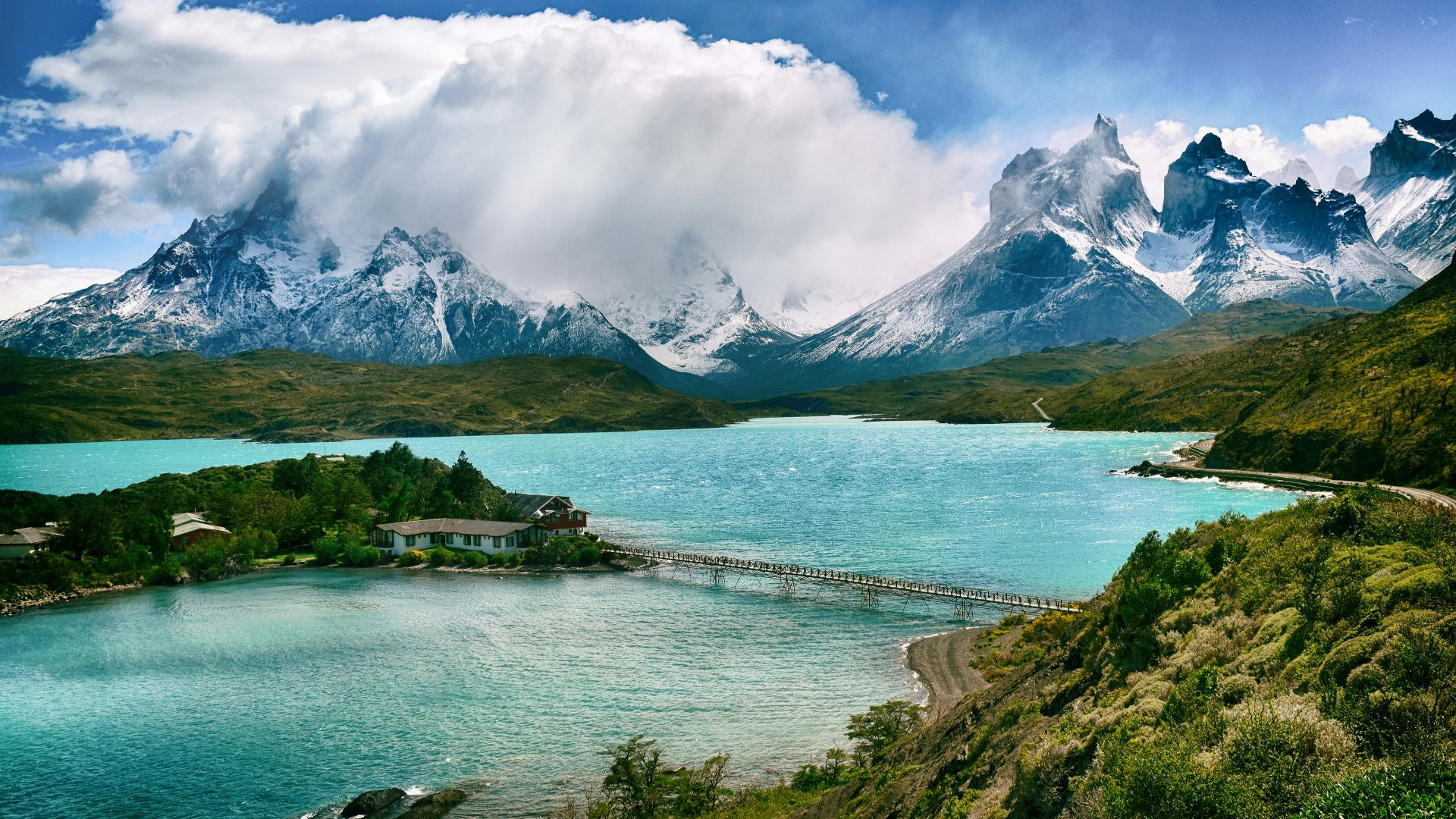
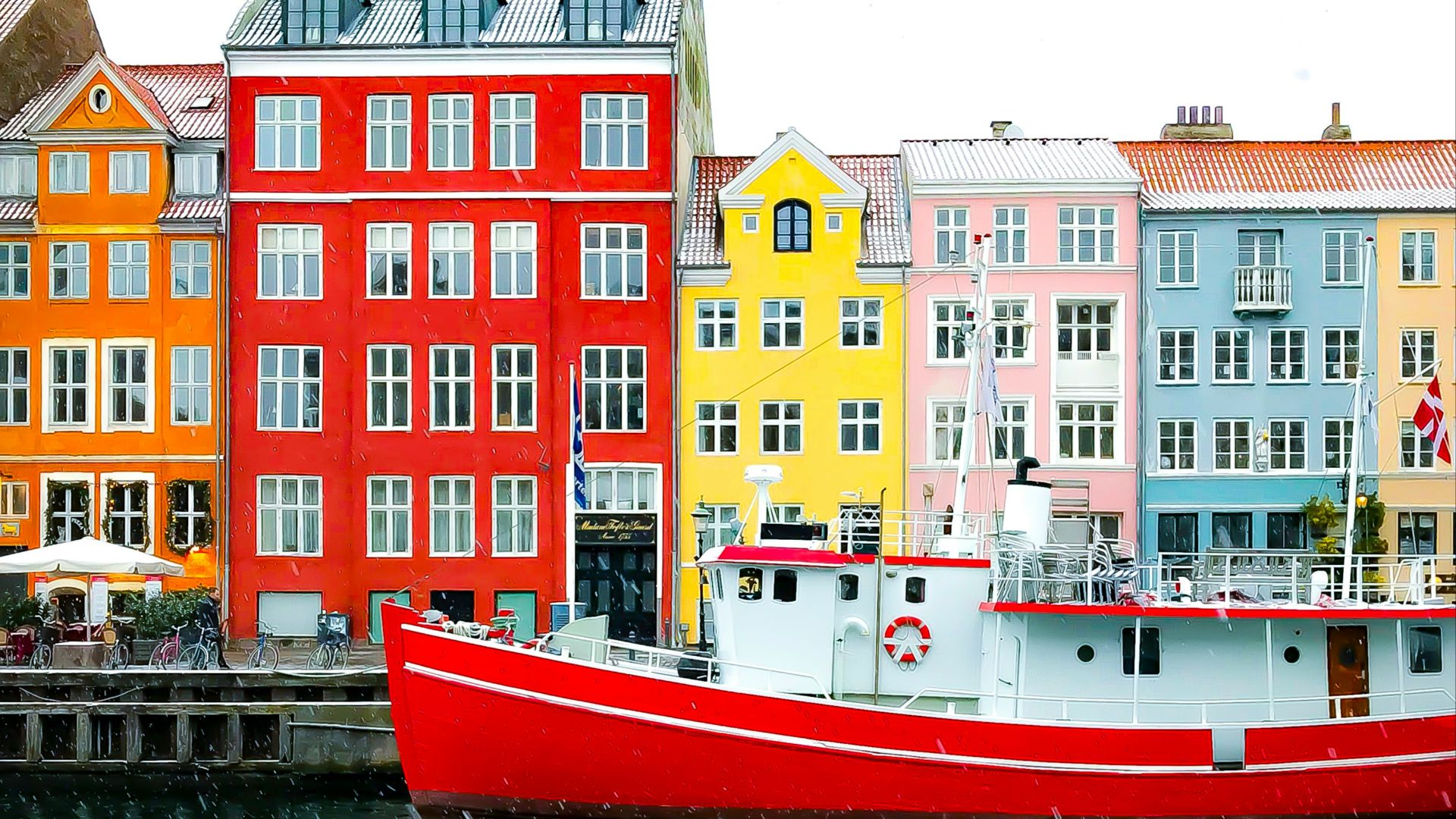
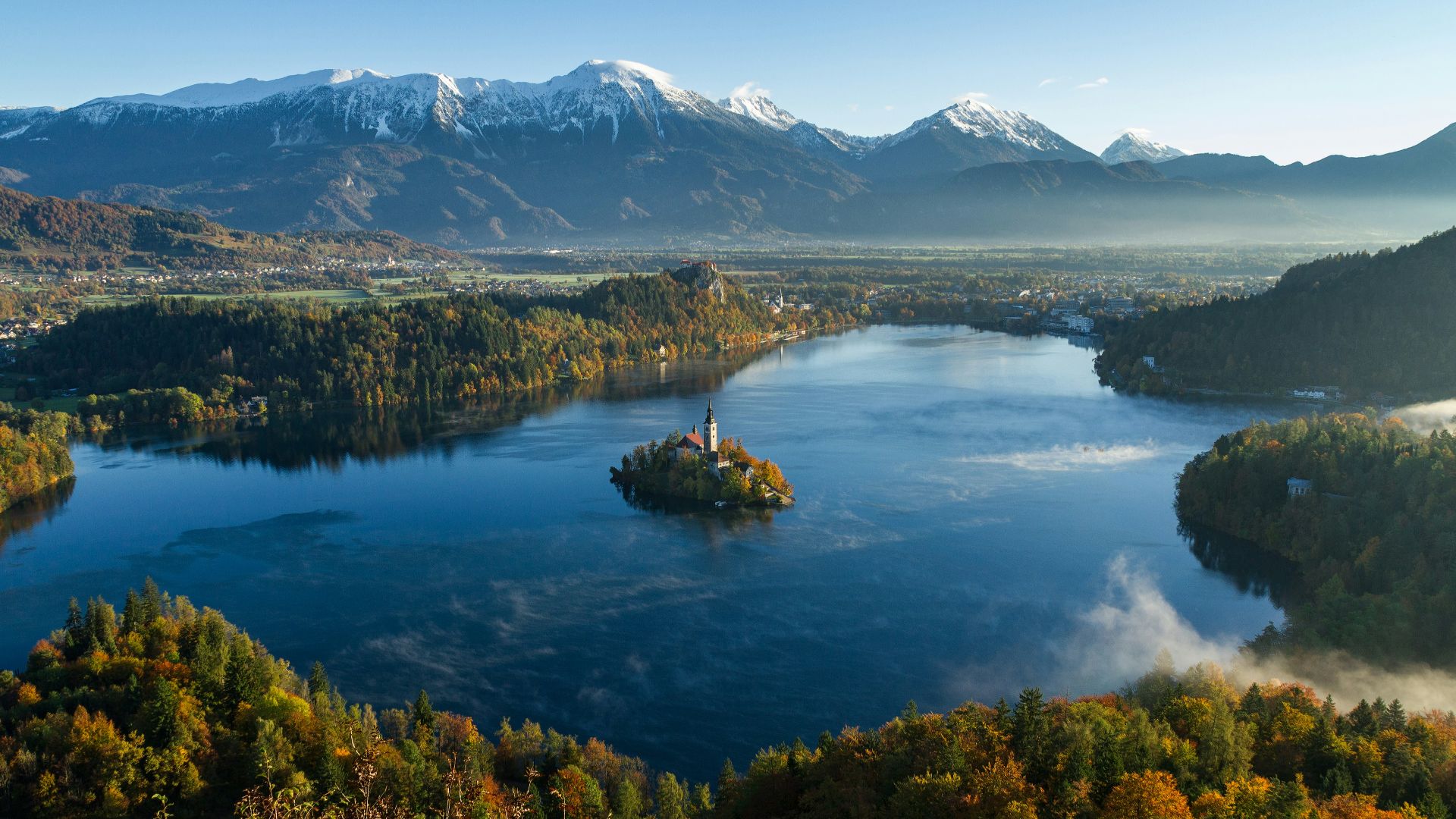

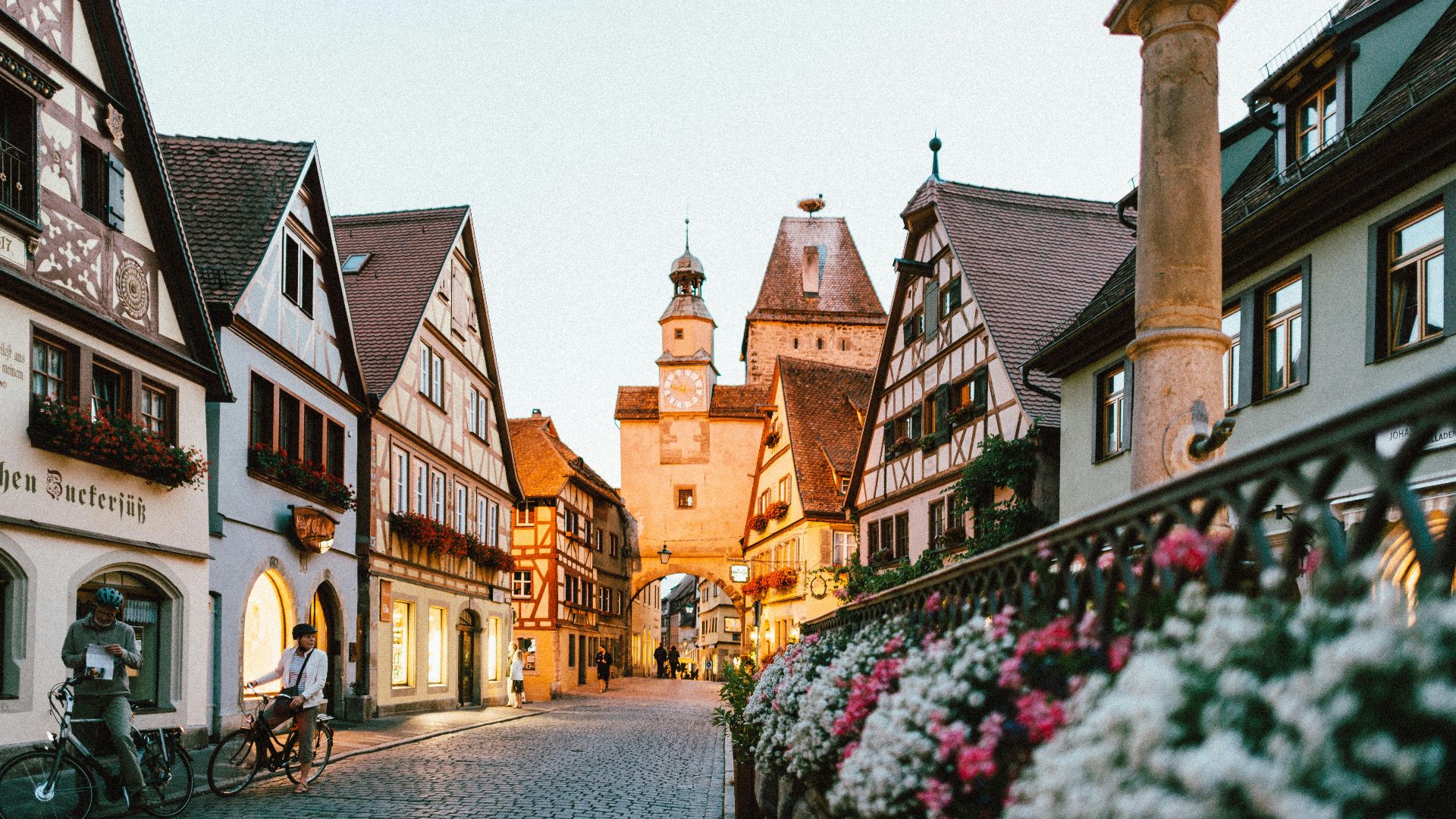
![boats docked near seaside promenade]](https://www.thesavvygamer.com/storage/app/media/roughmaps/2025/1/29/17381607048c1fb4e9ed369aec172bc8d9256a2d176e0fdc1d.jpg)
